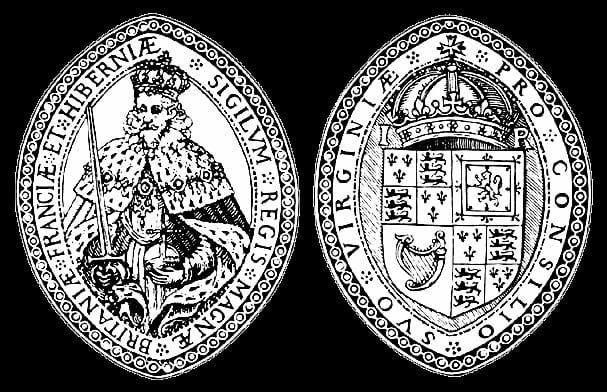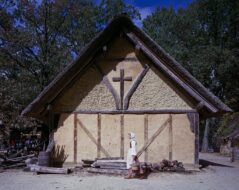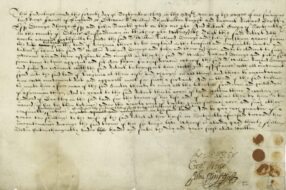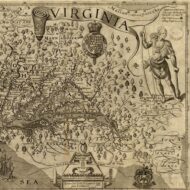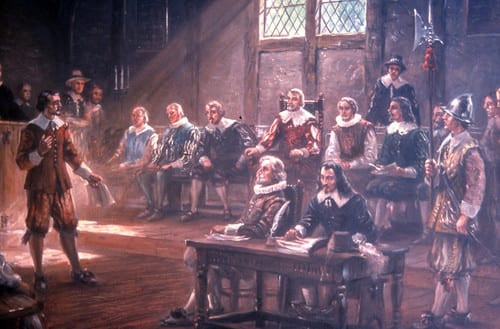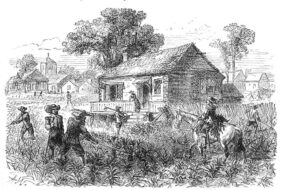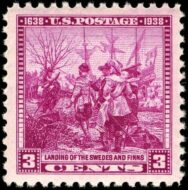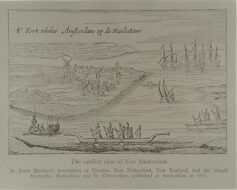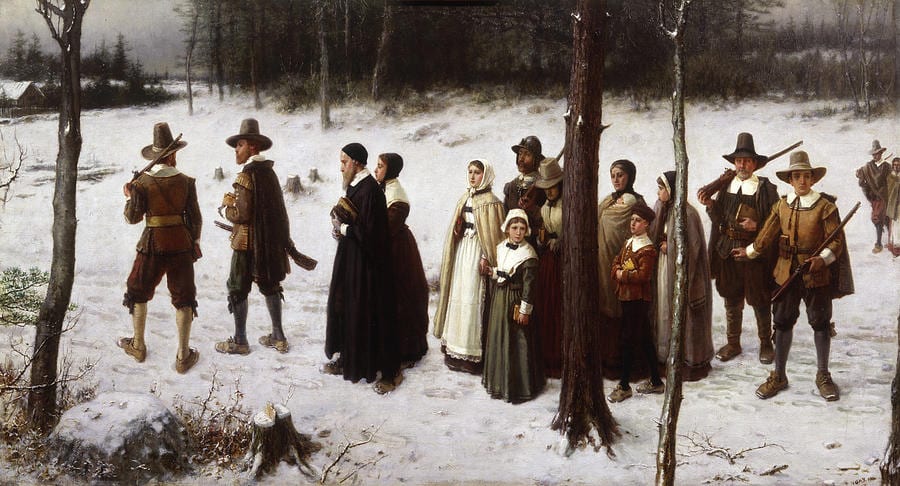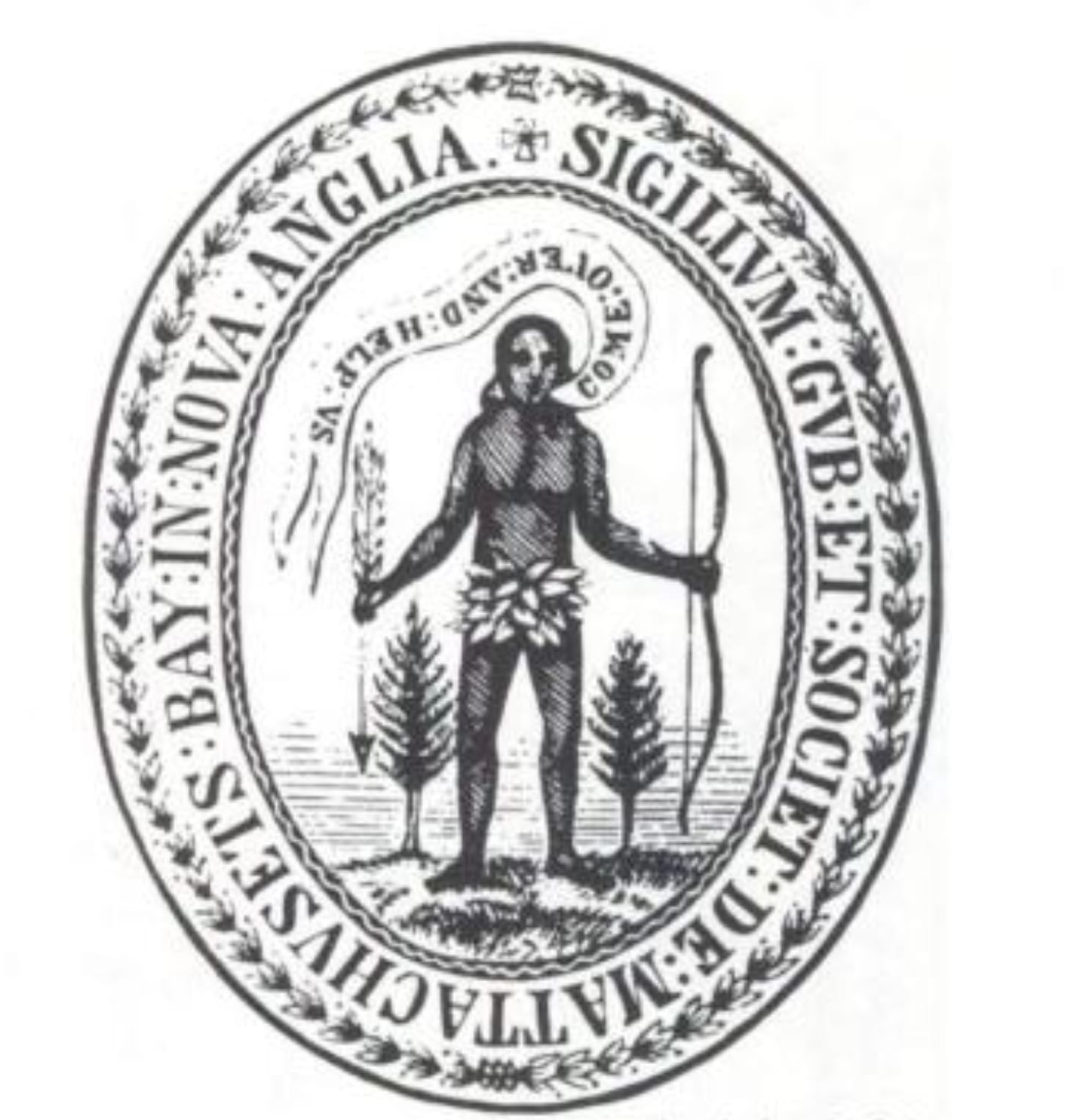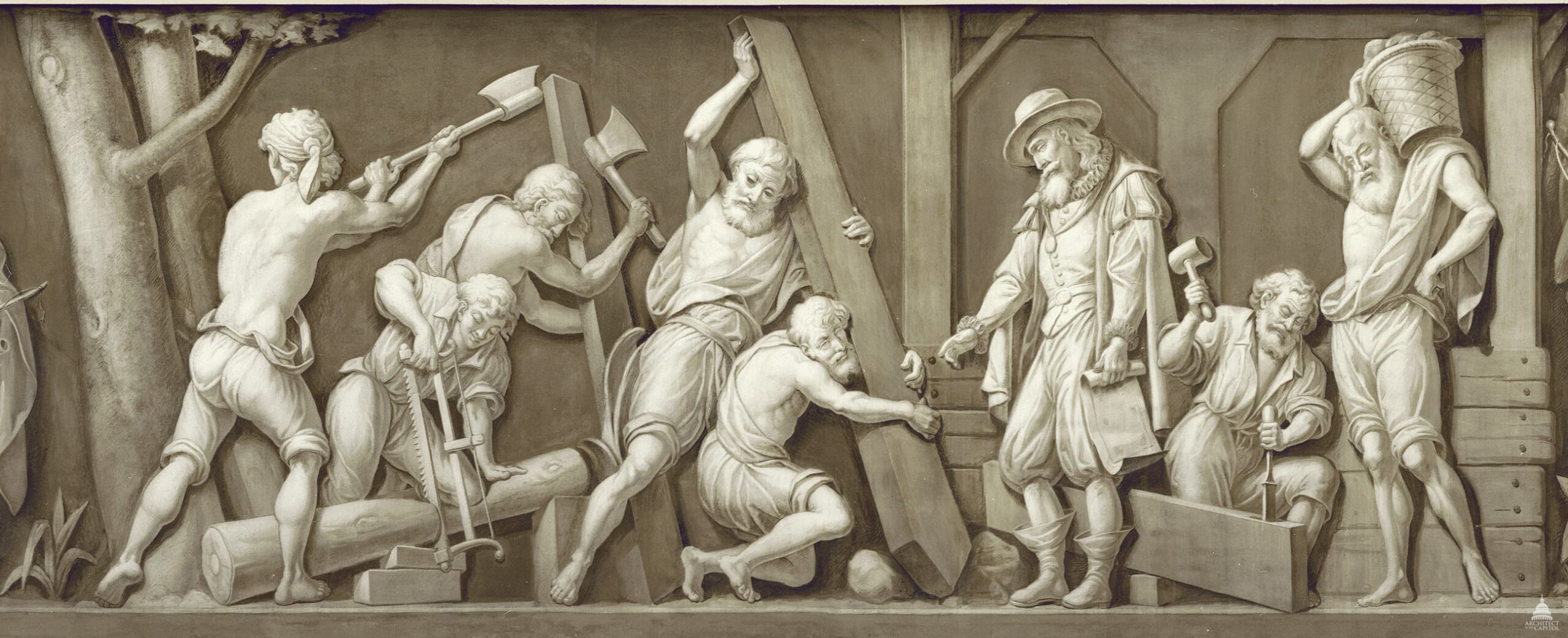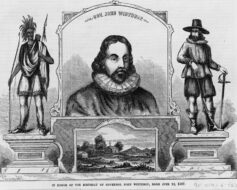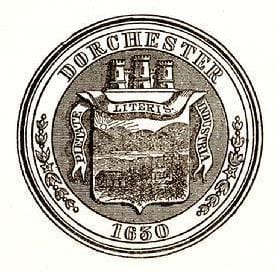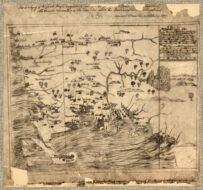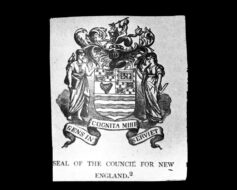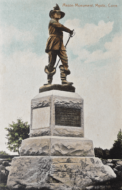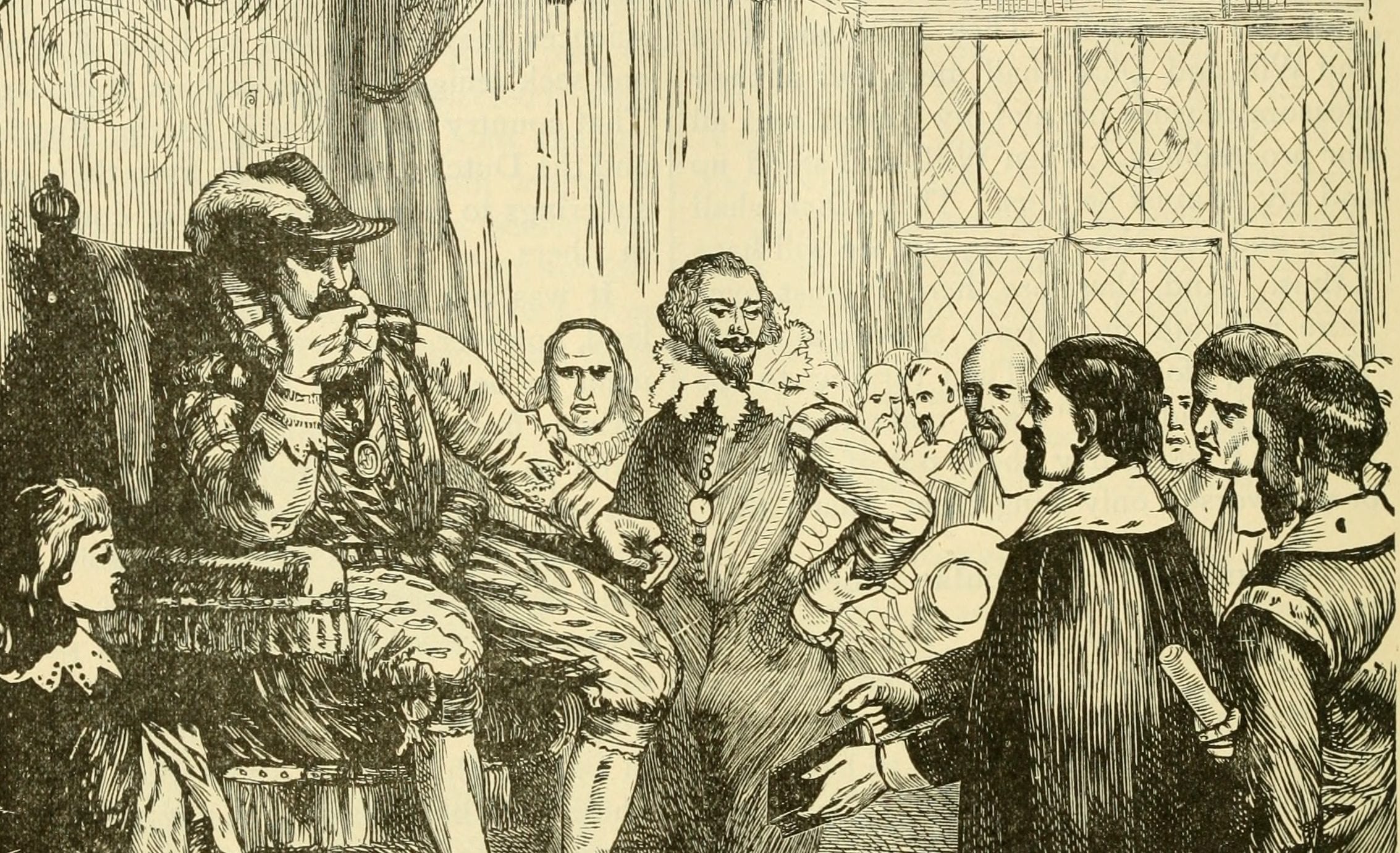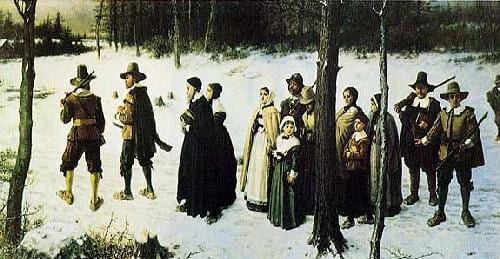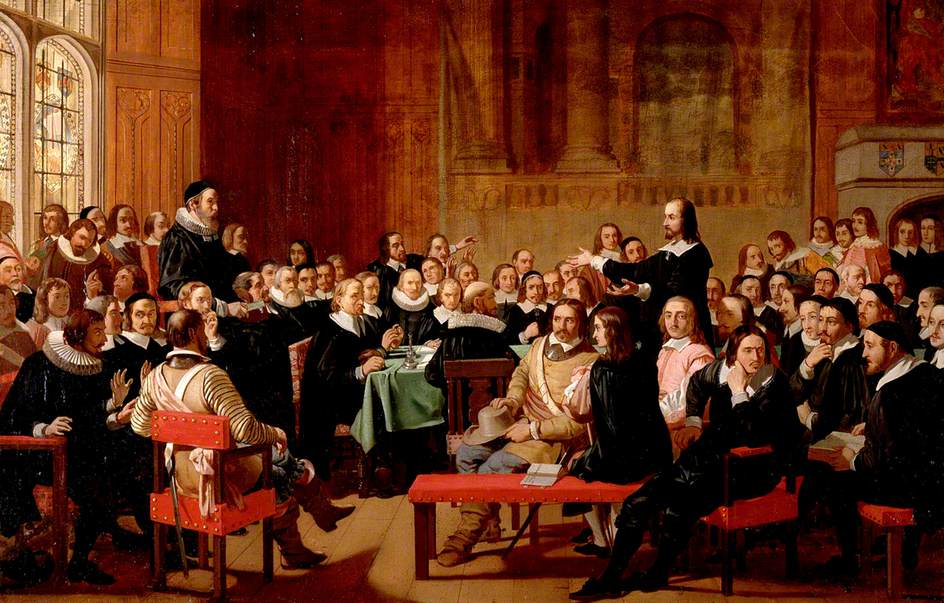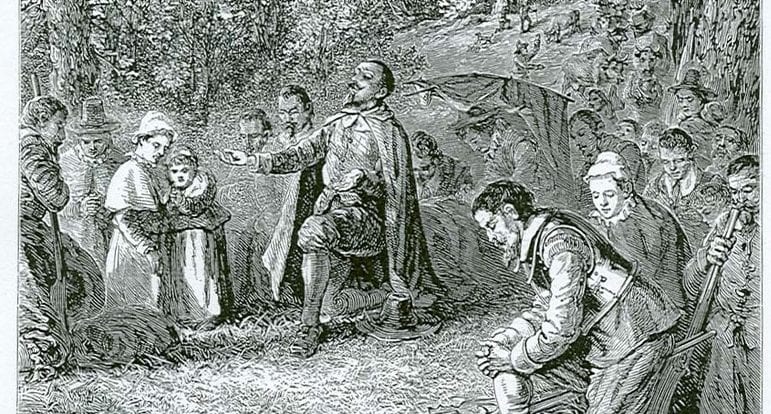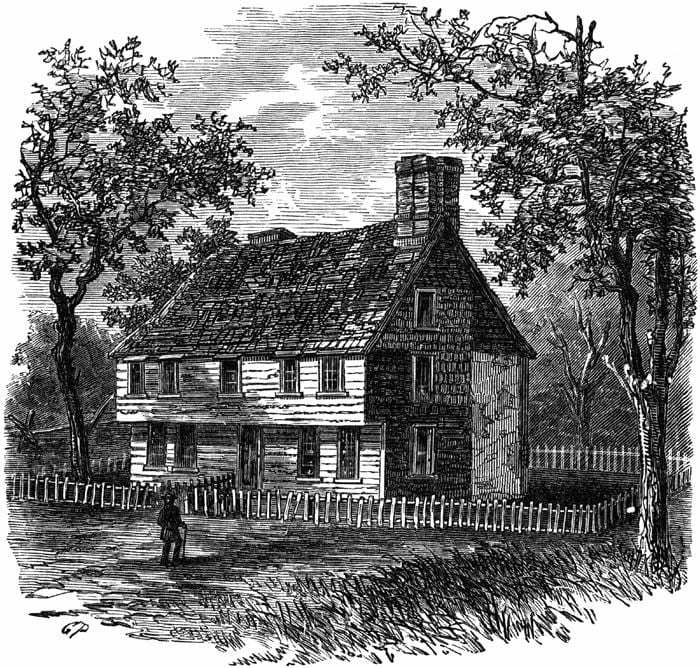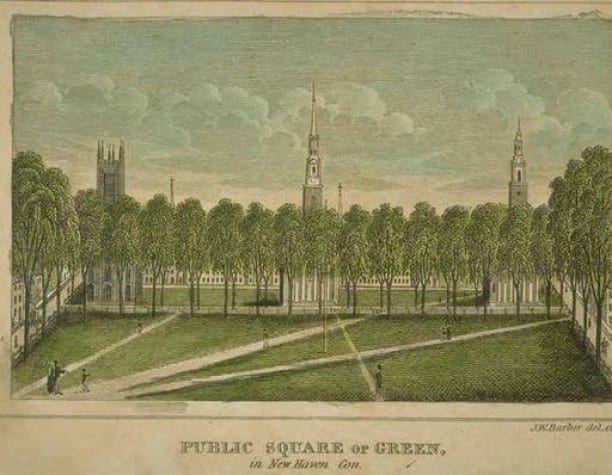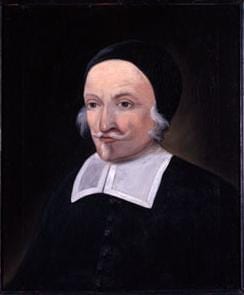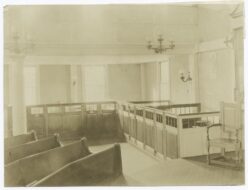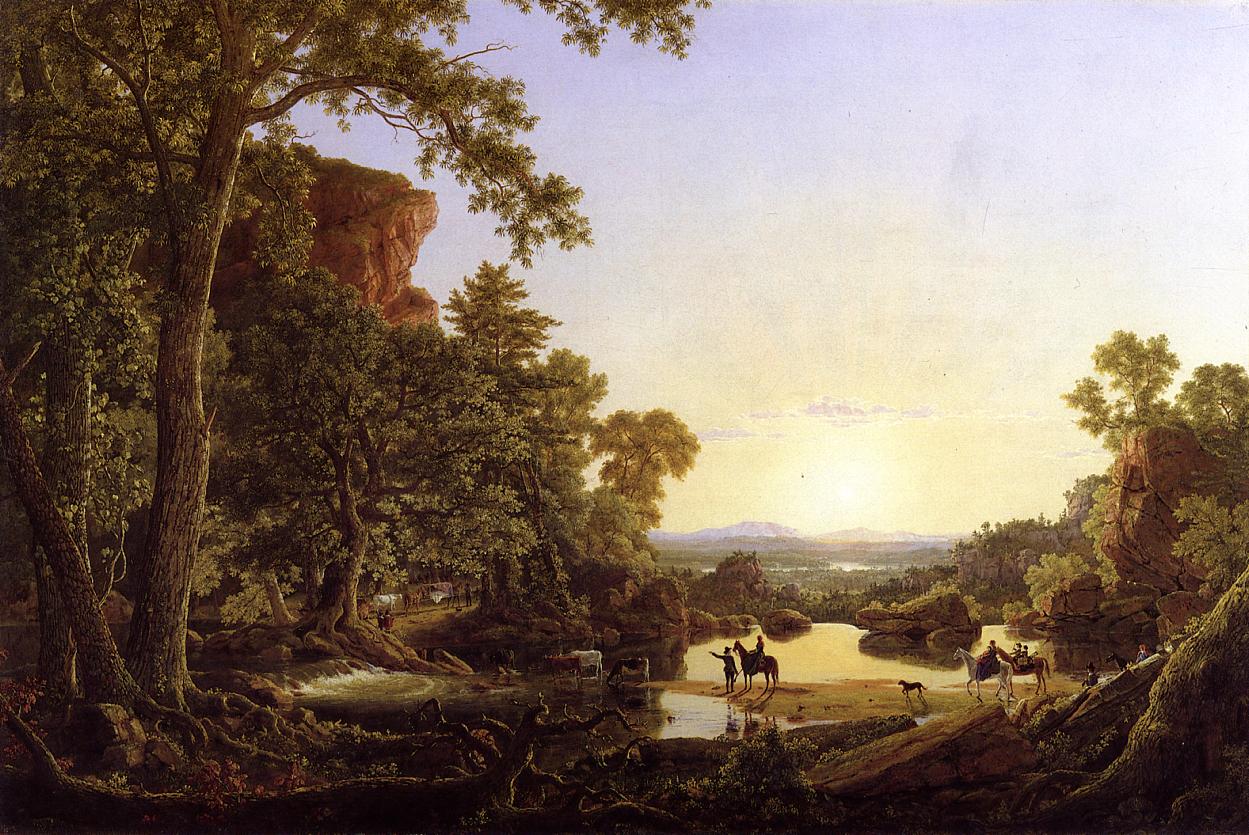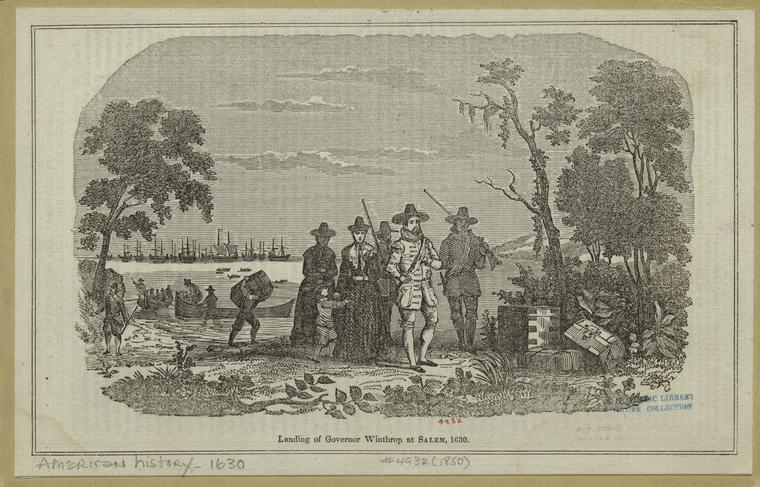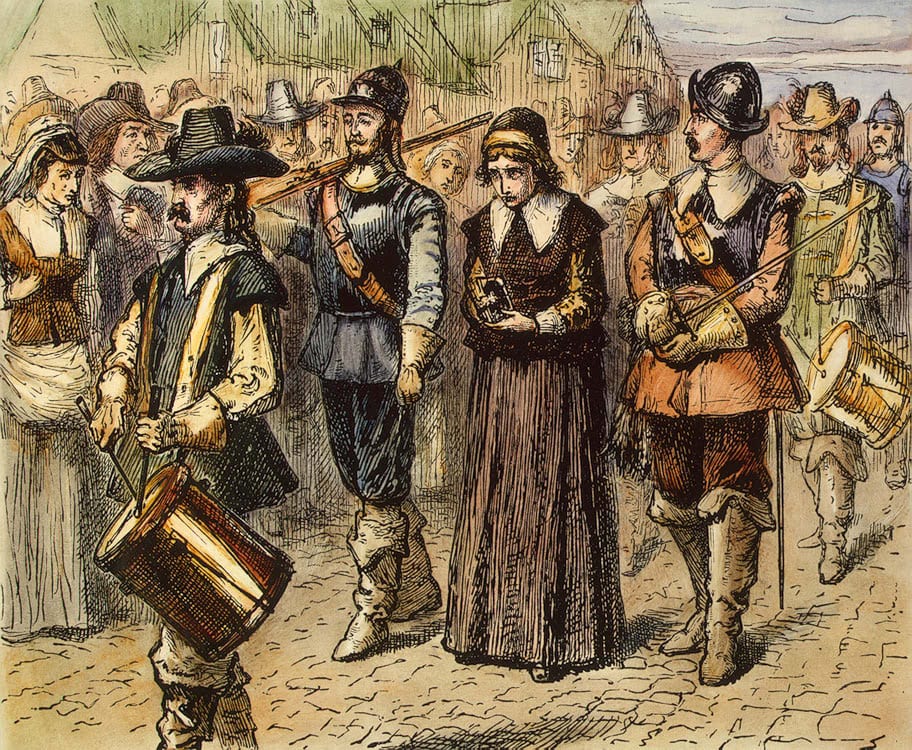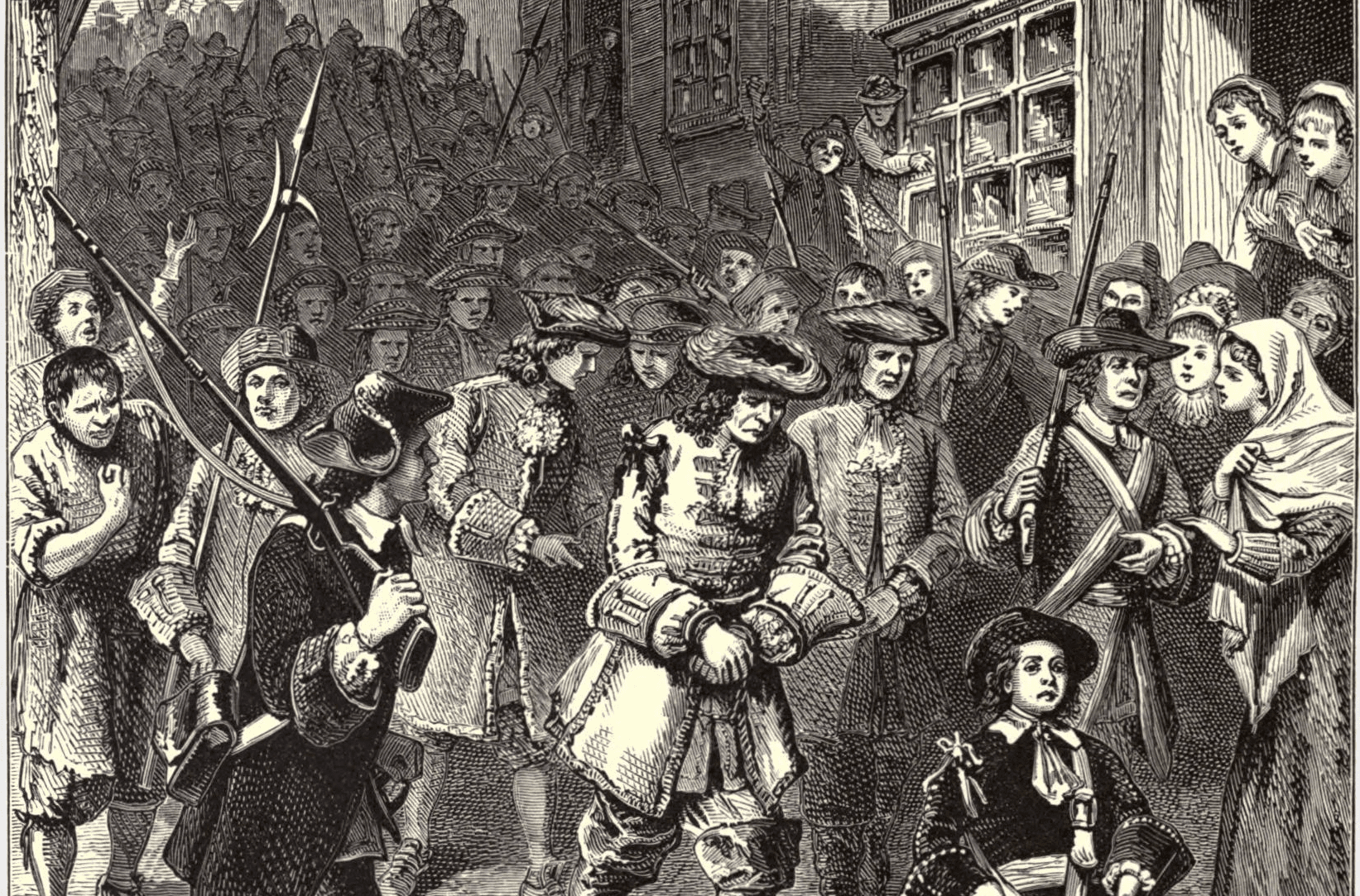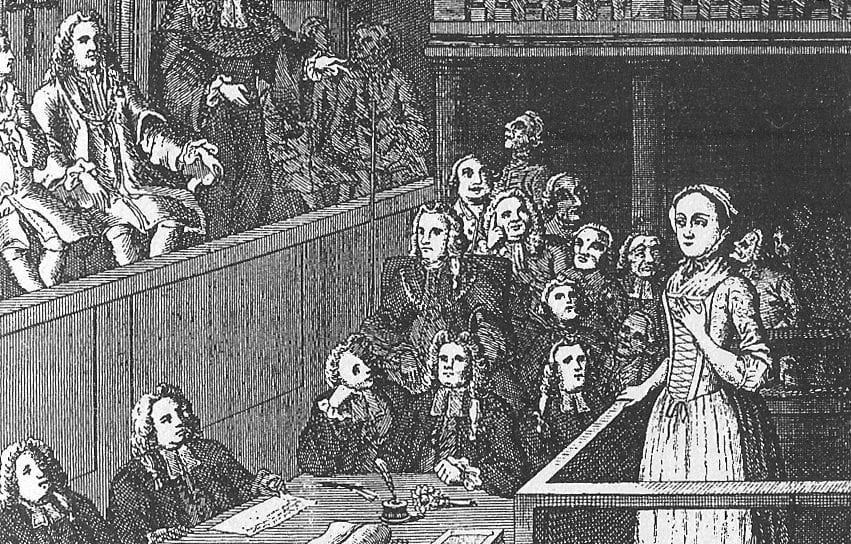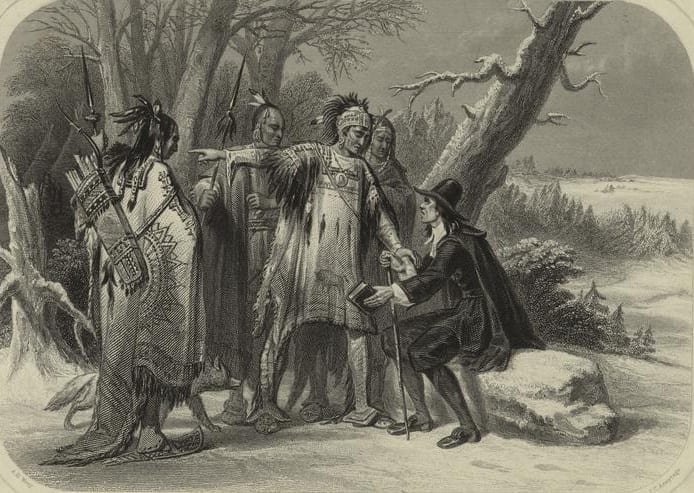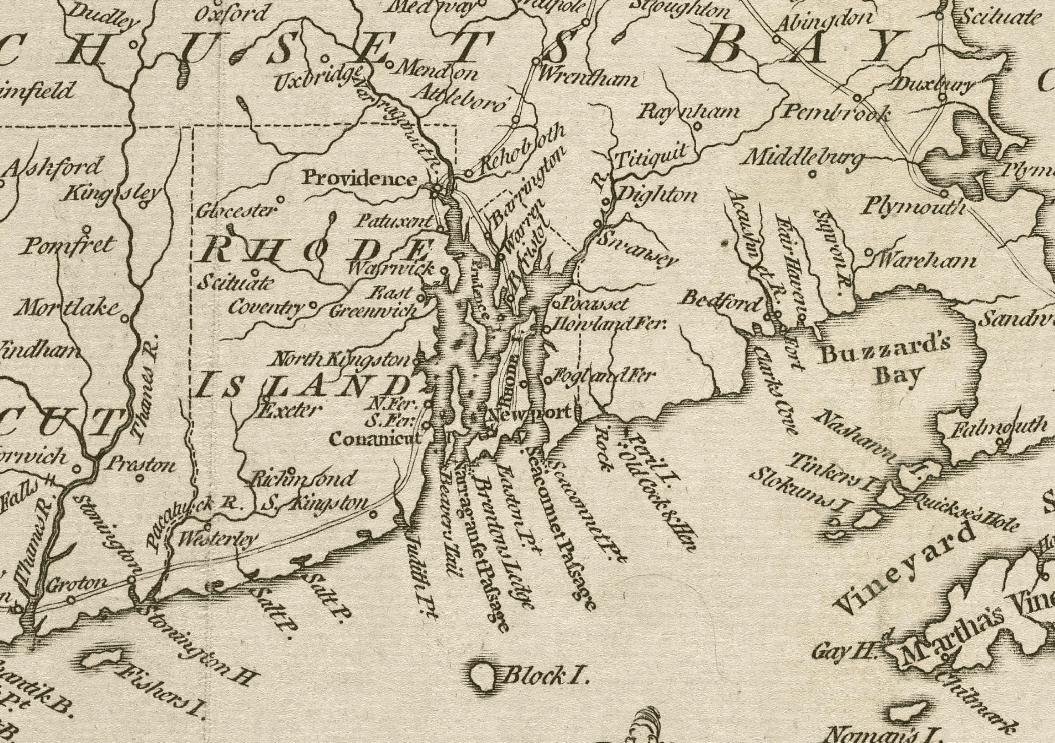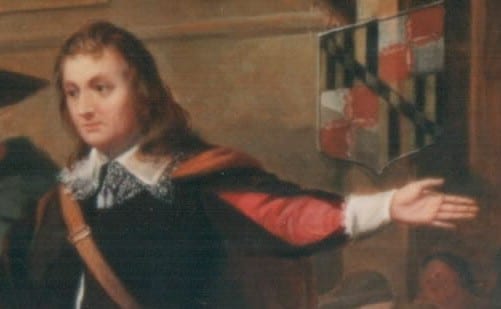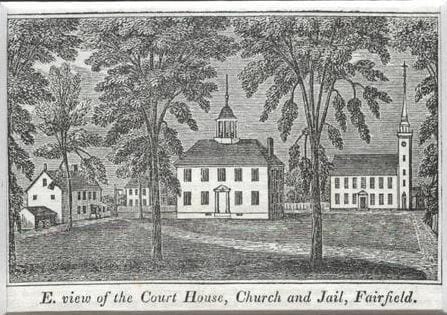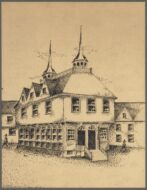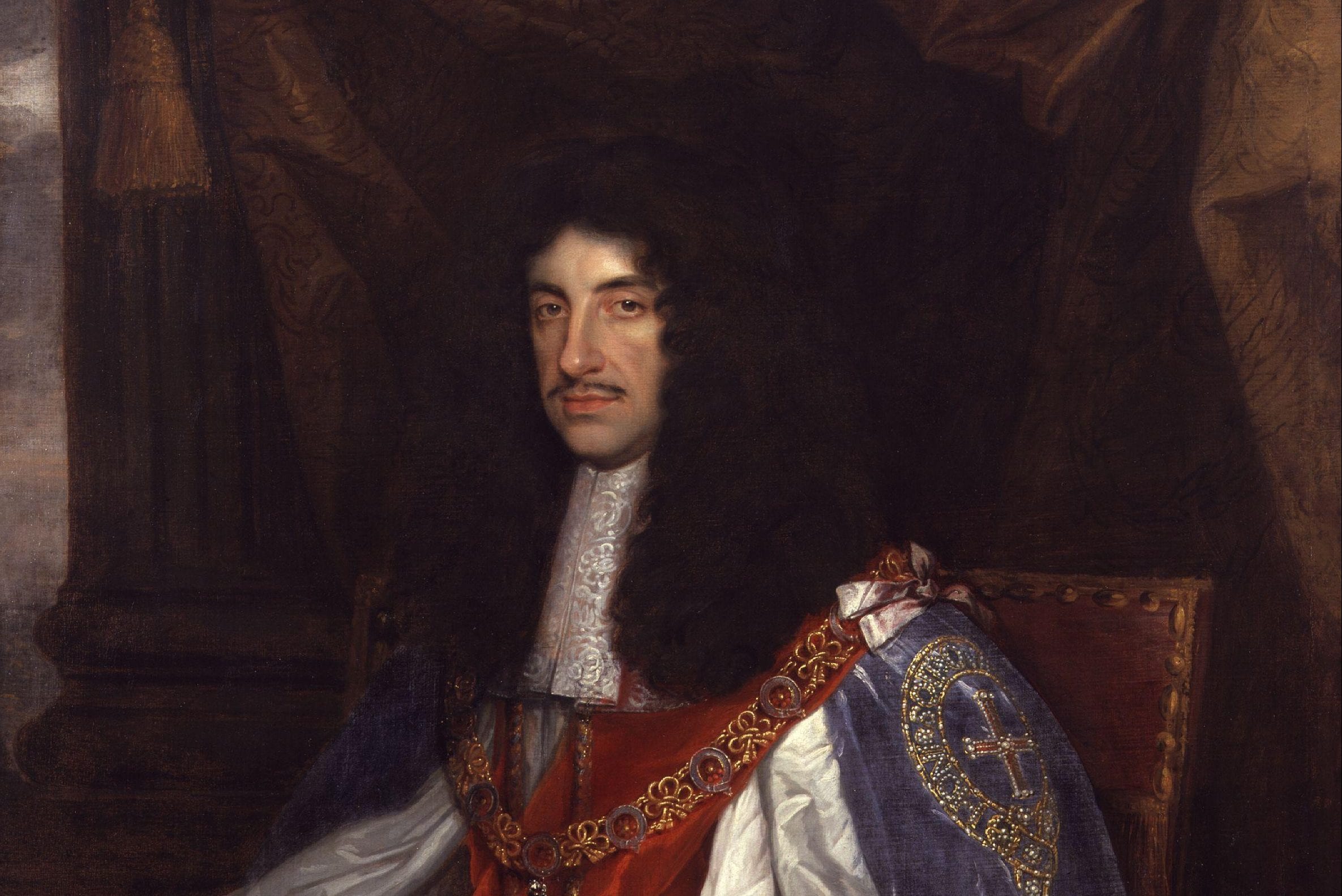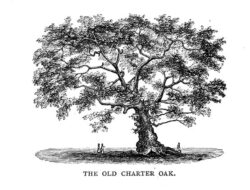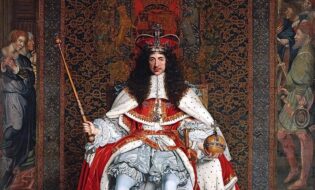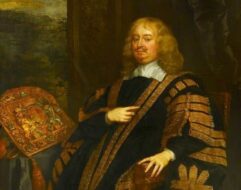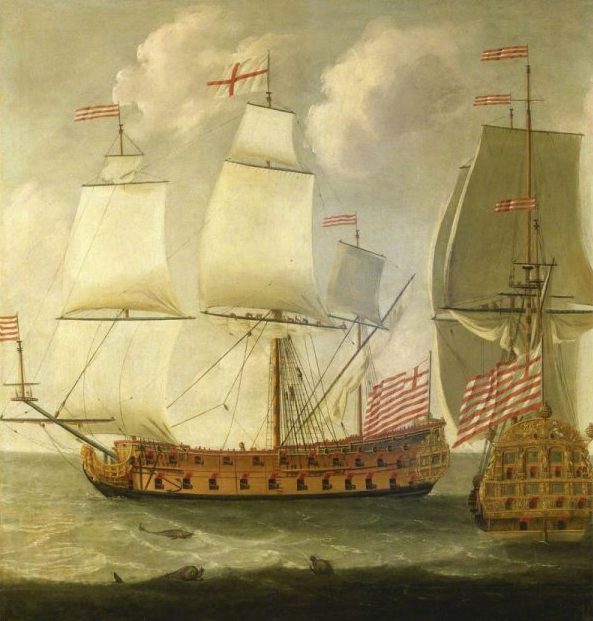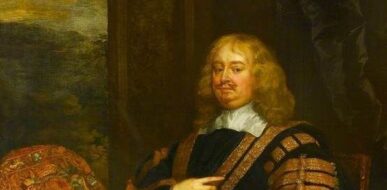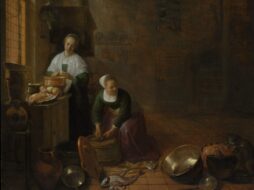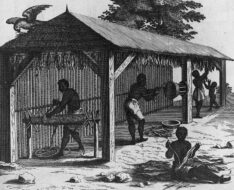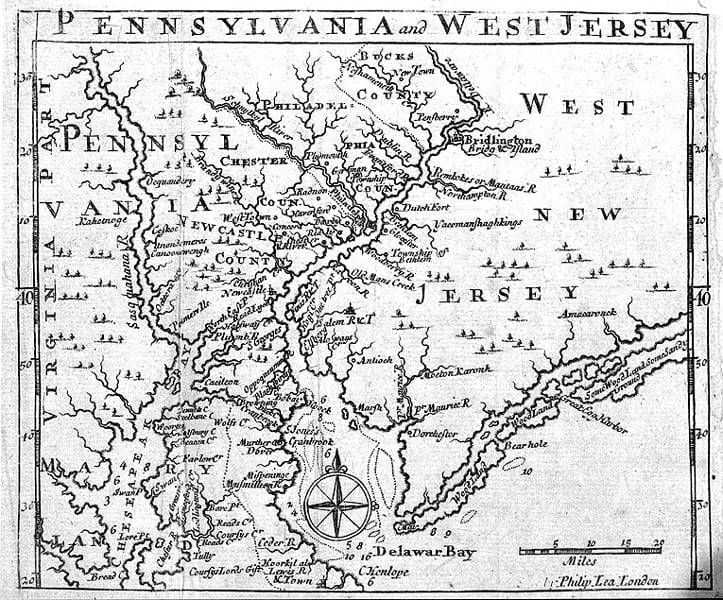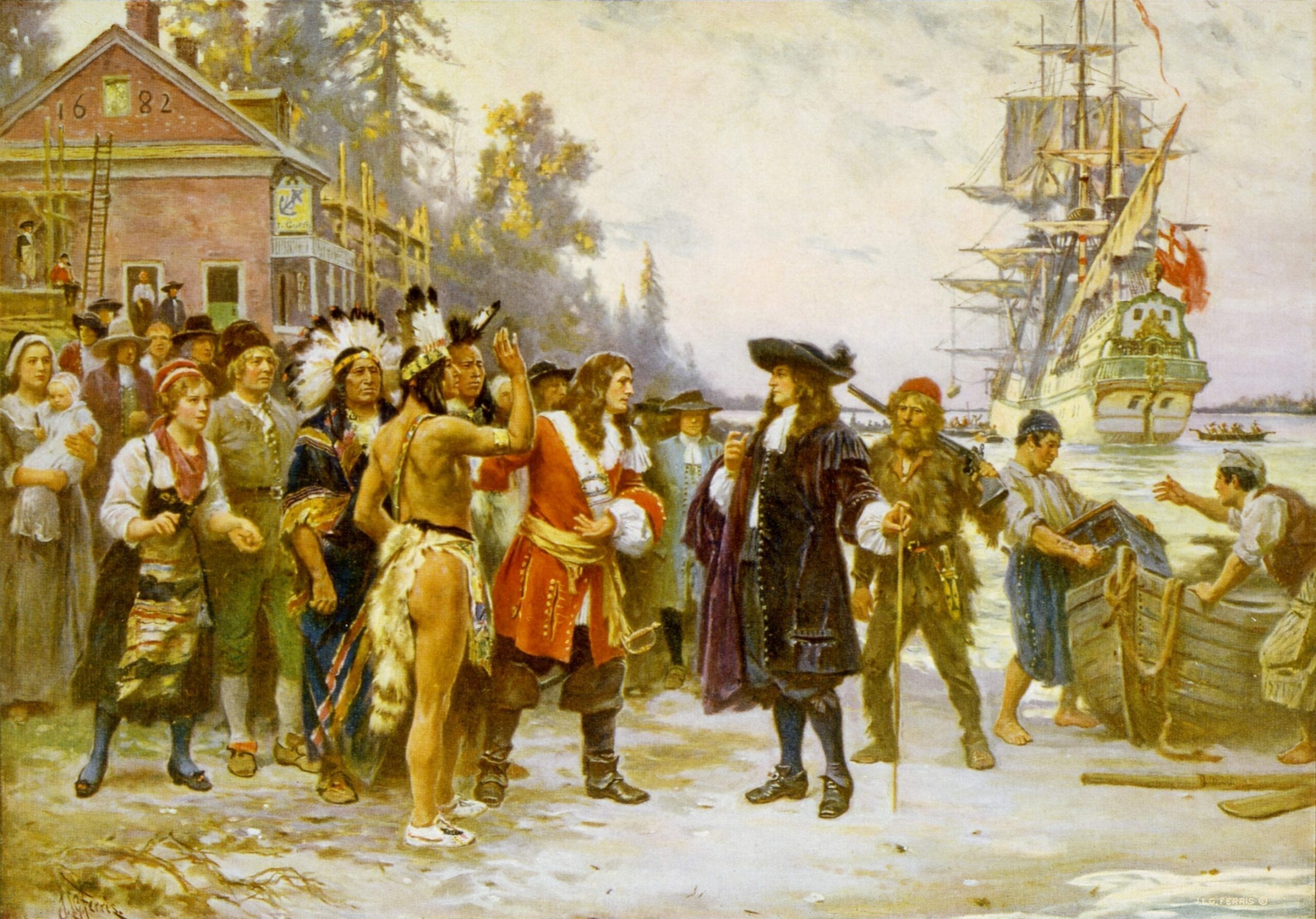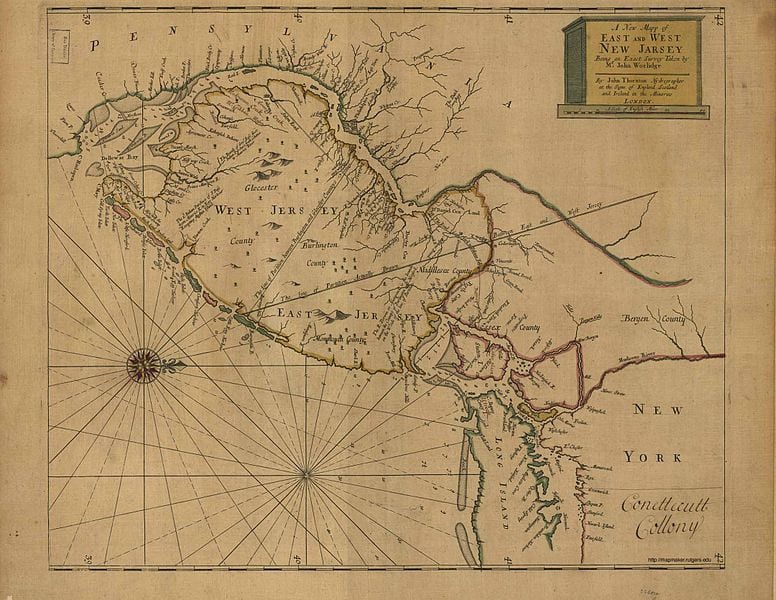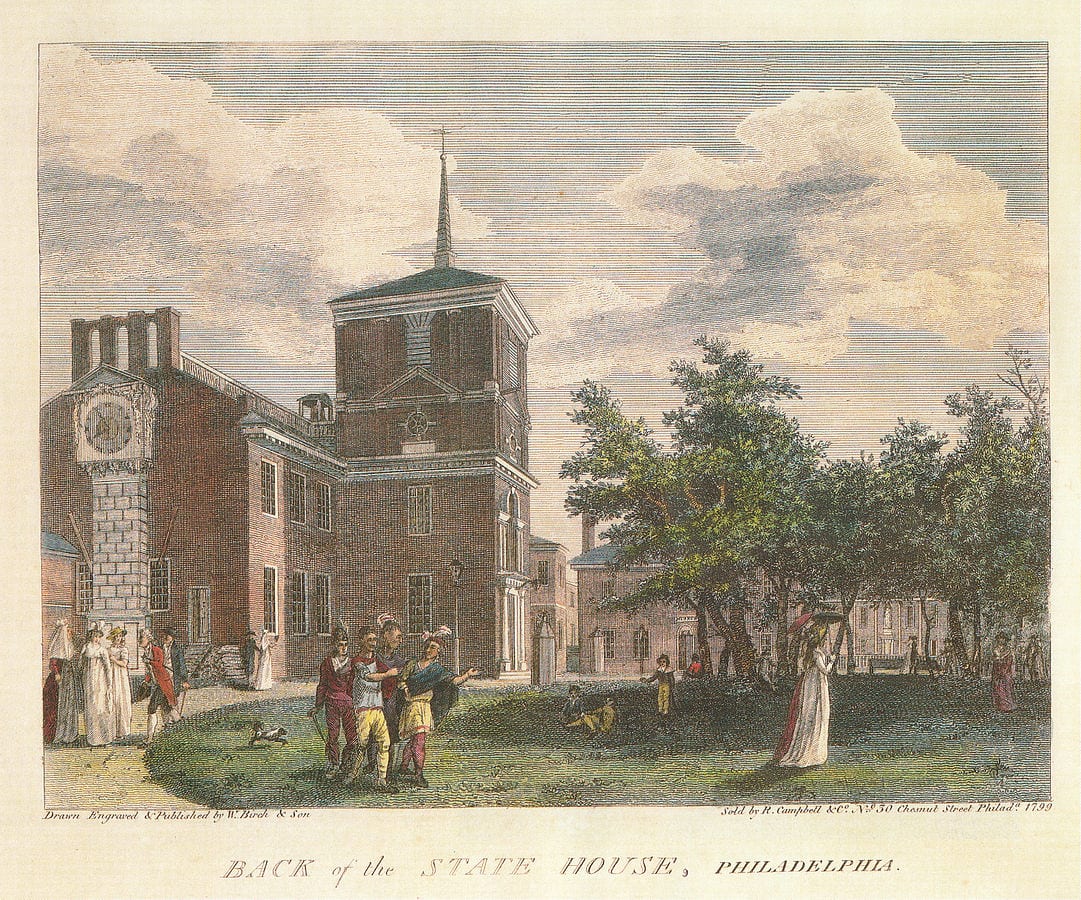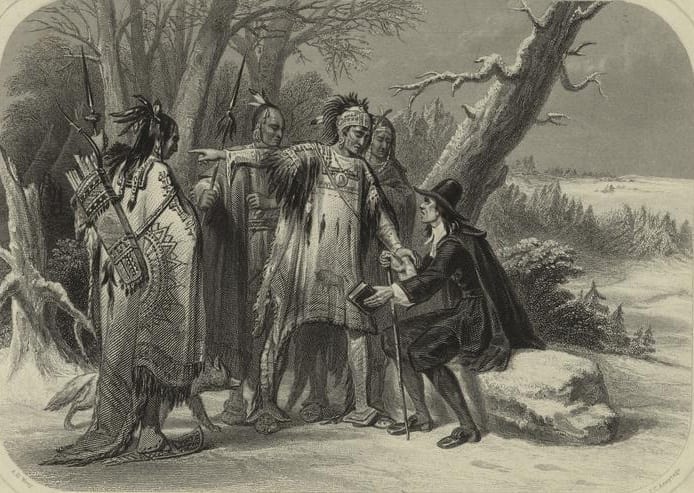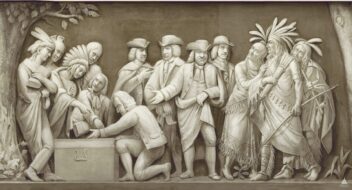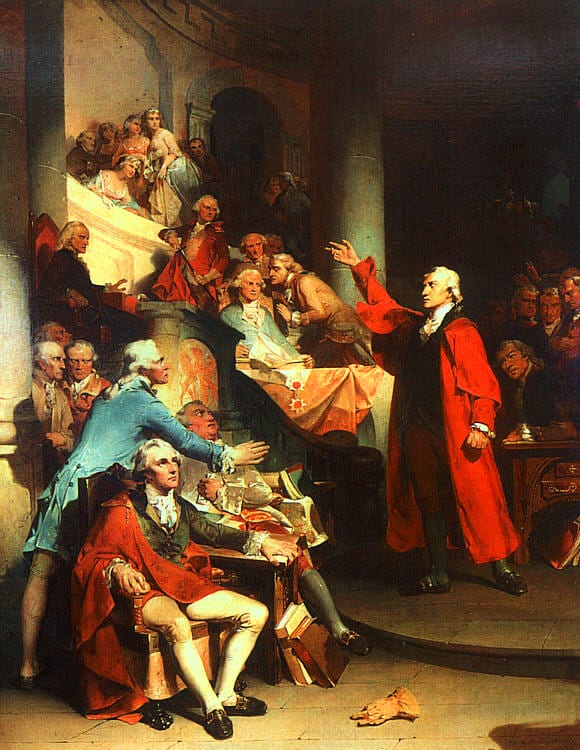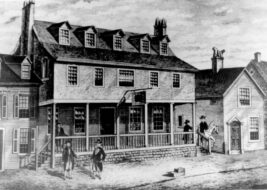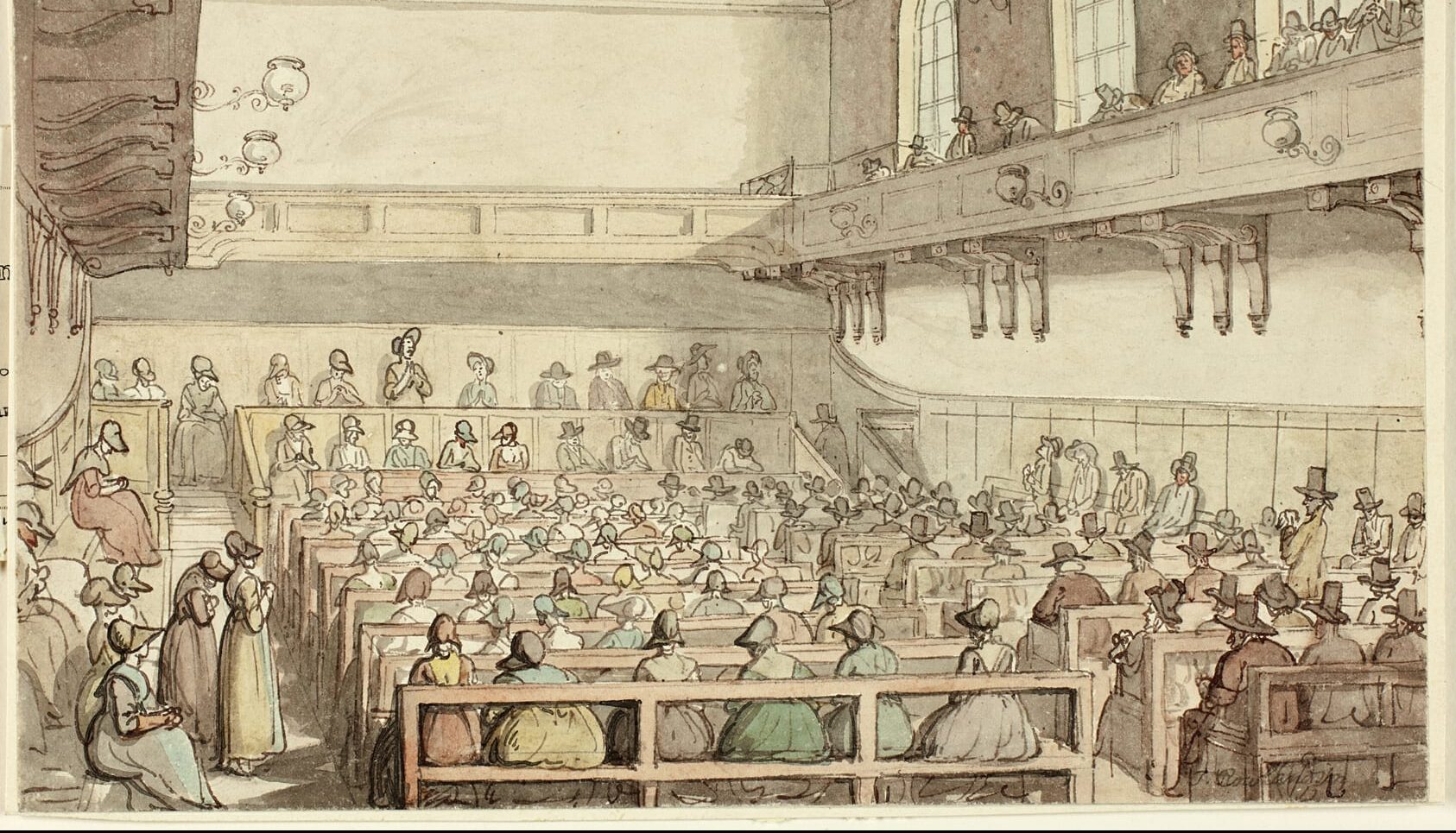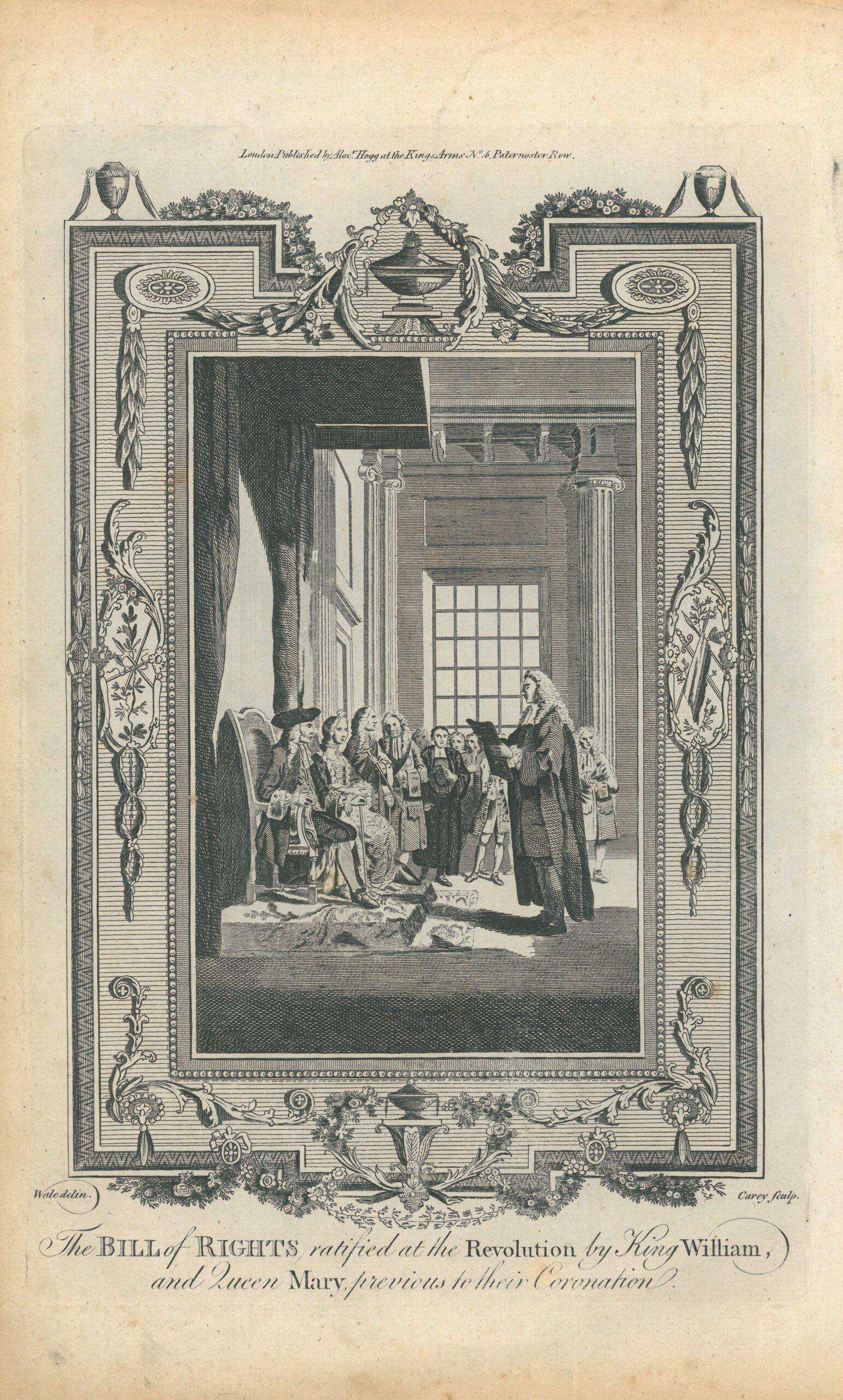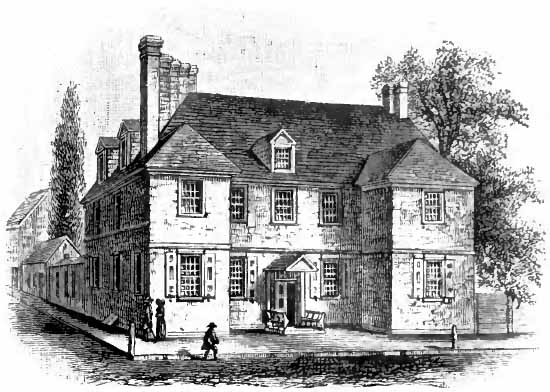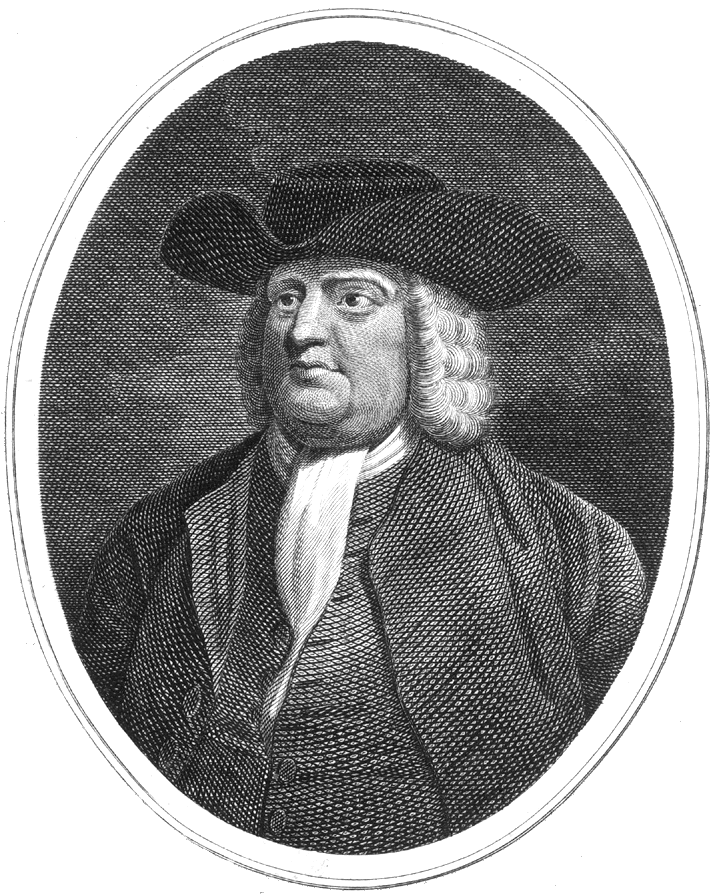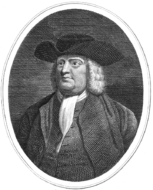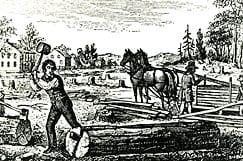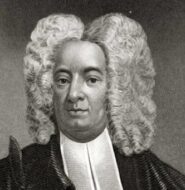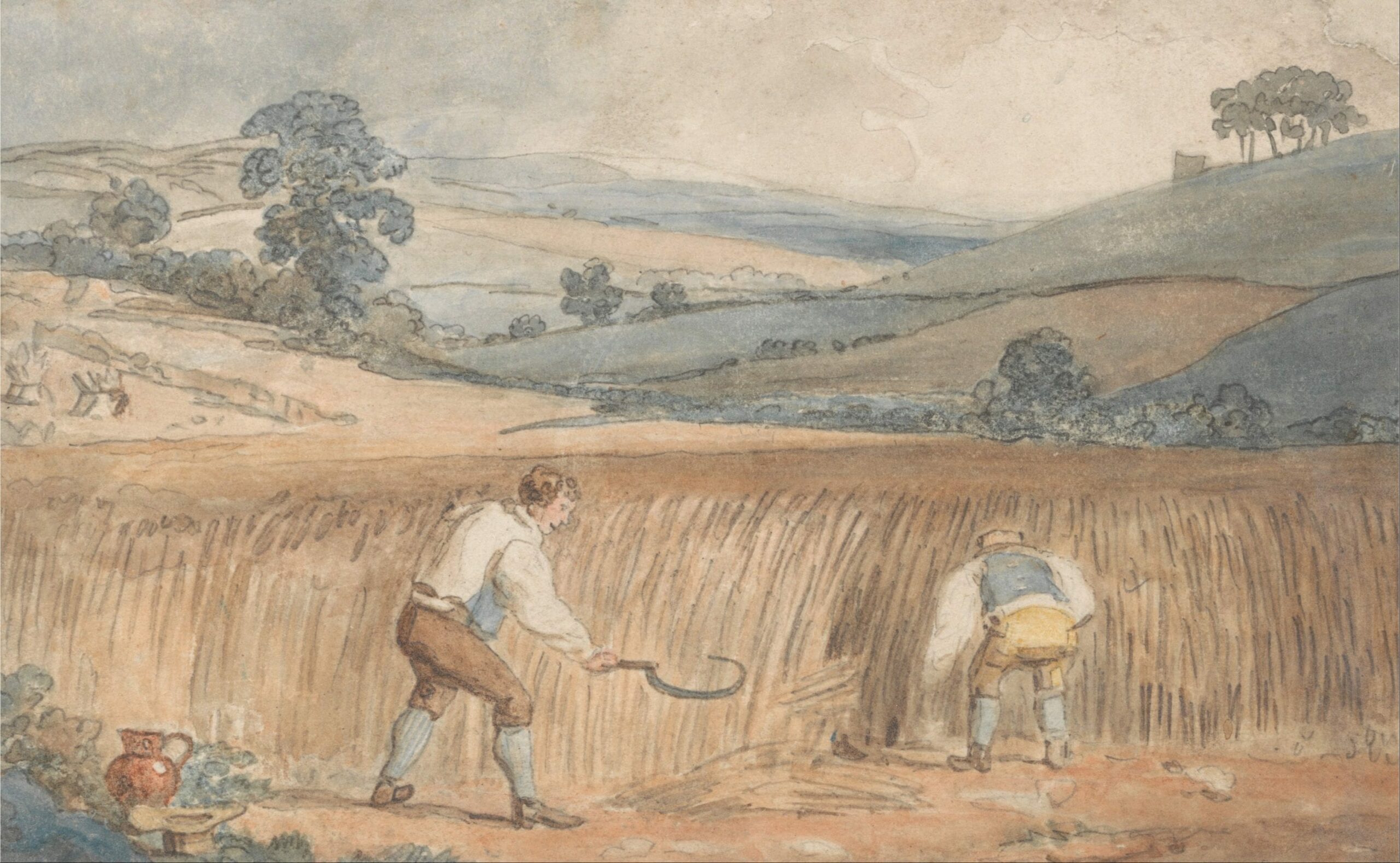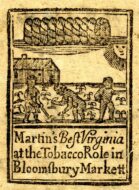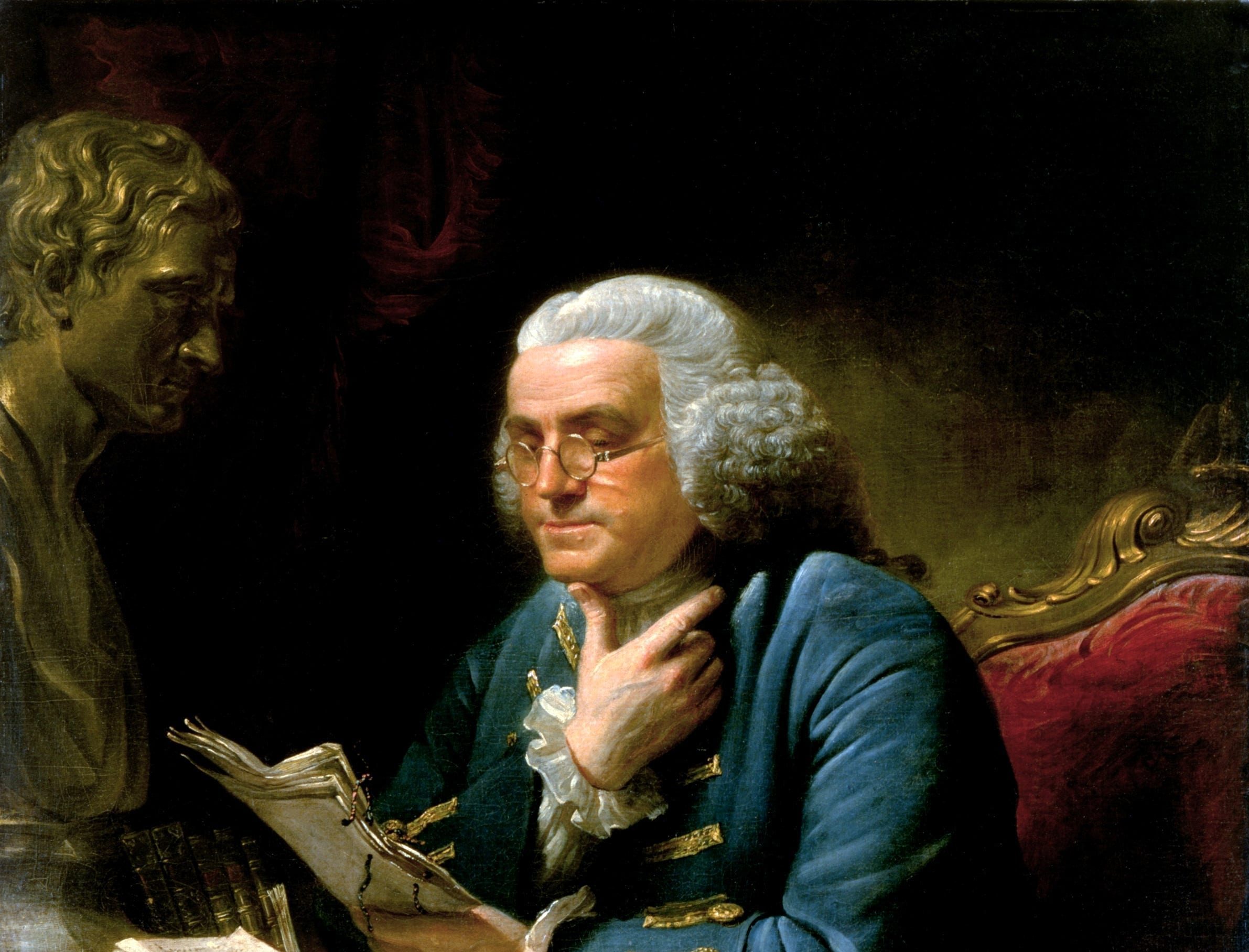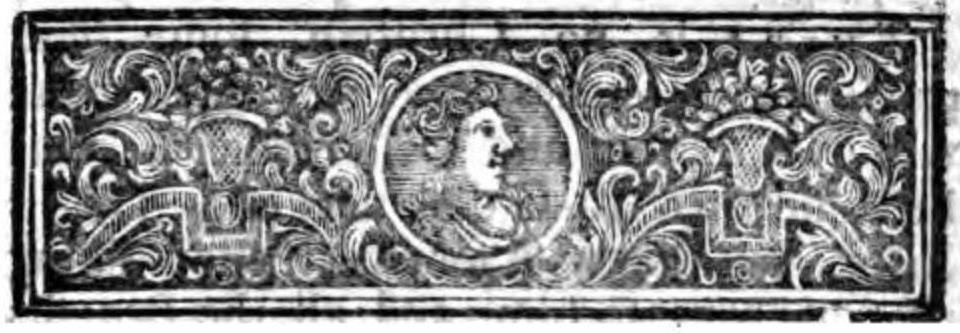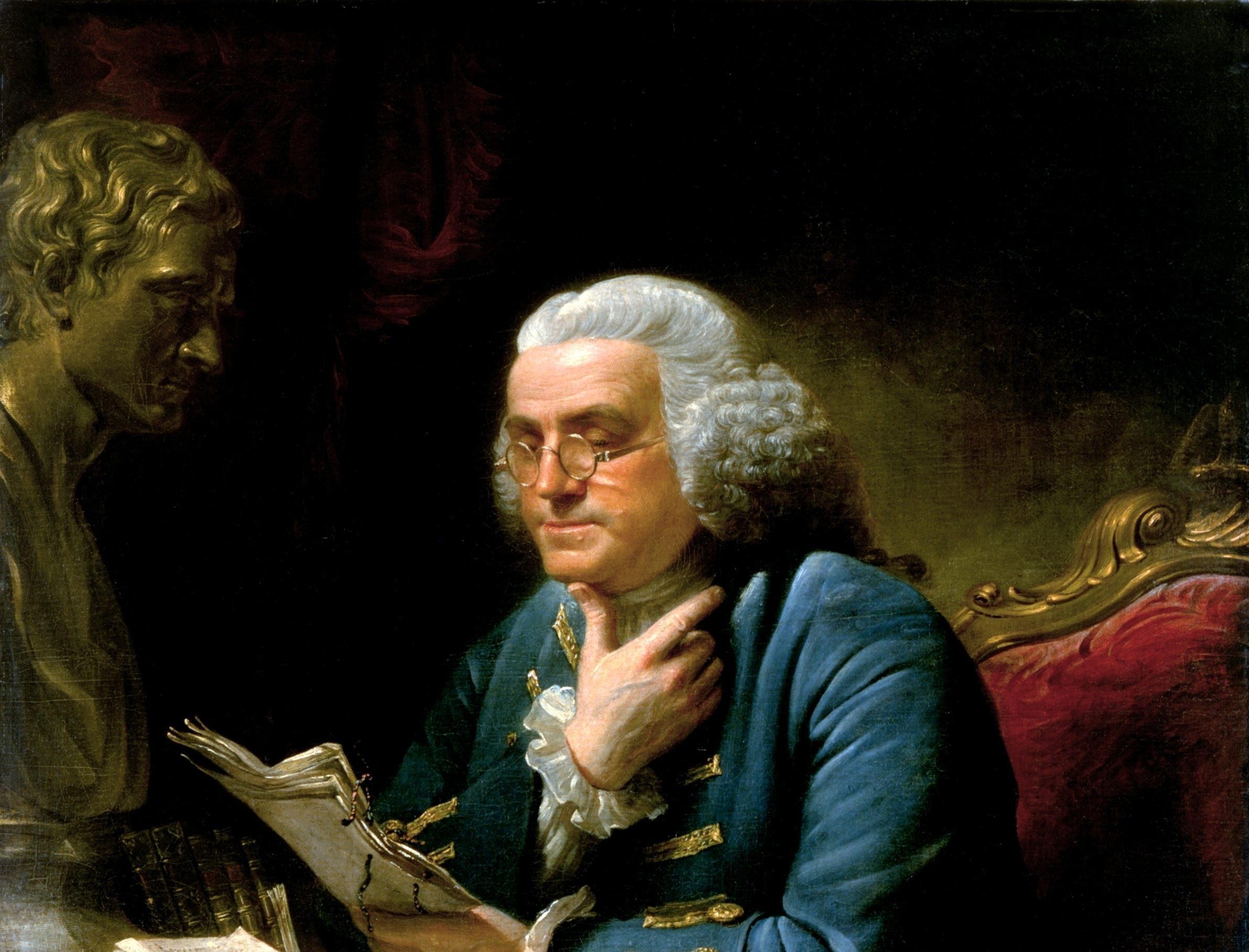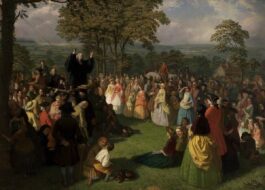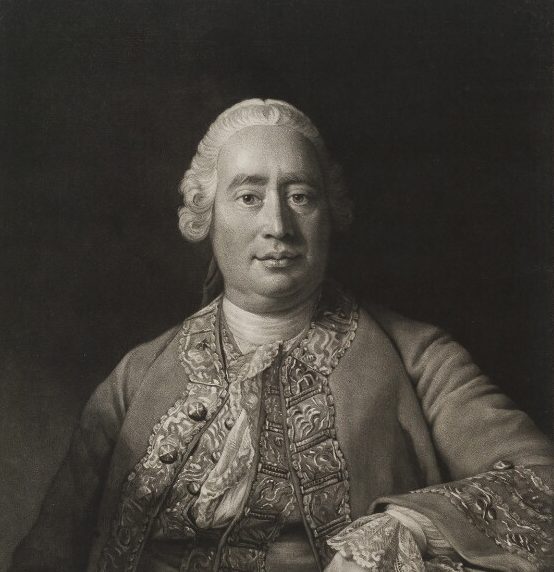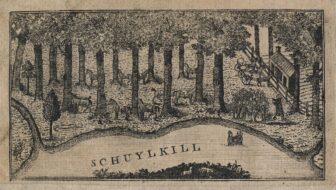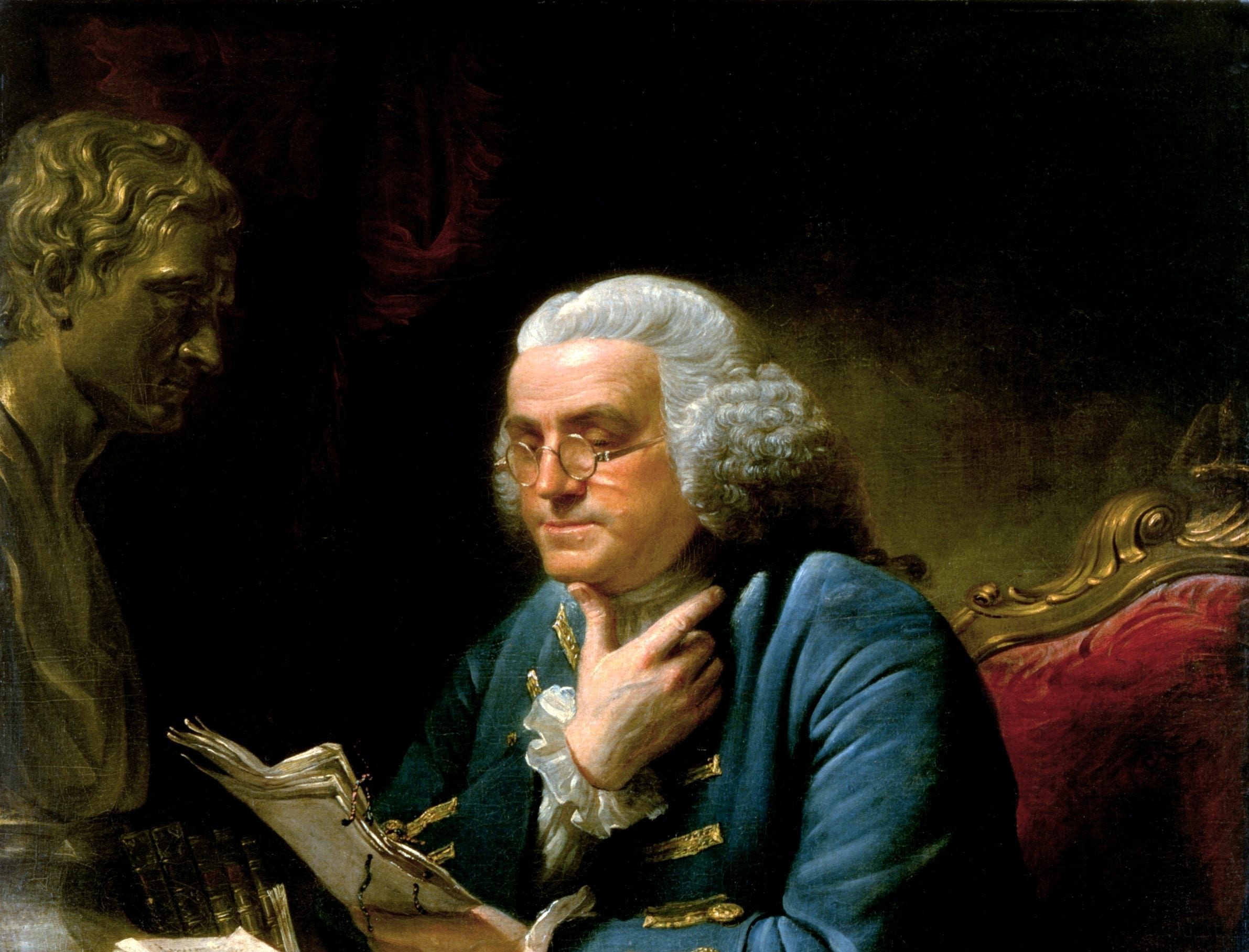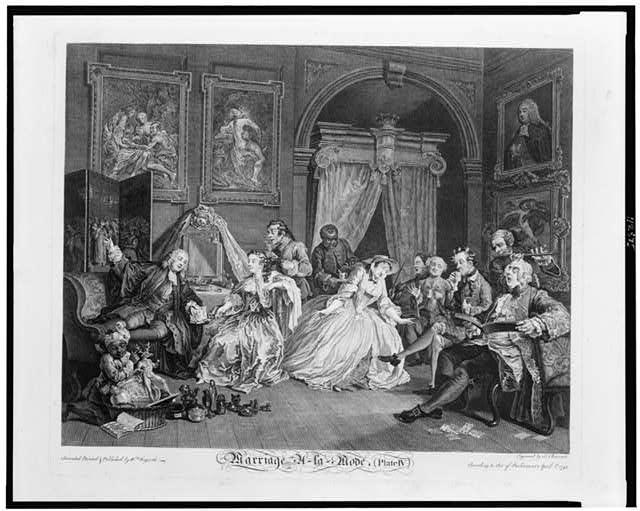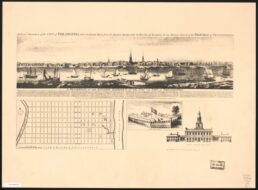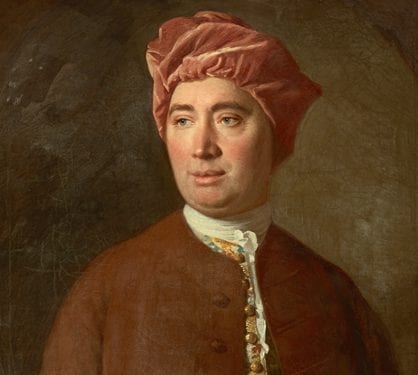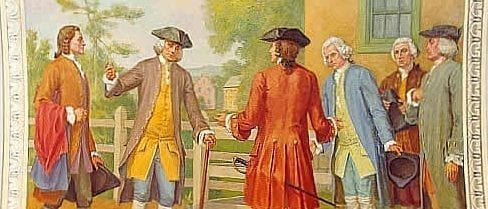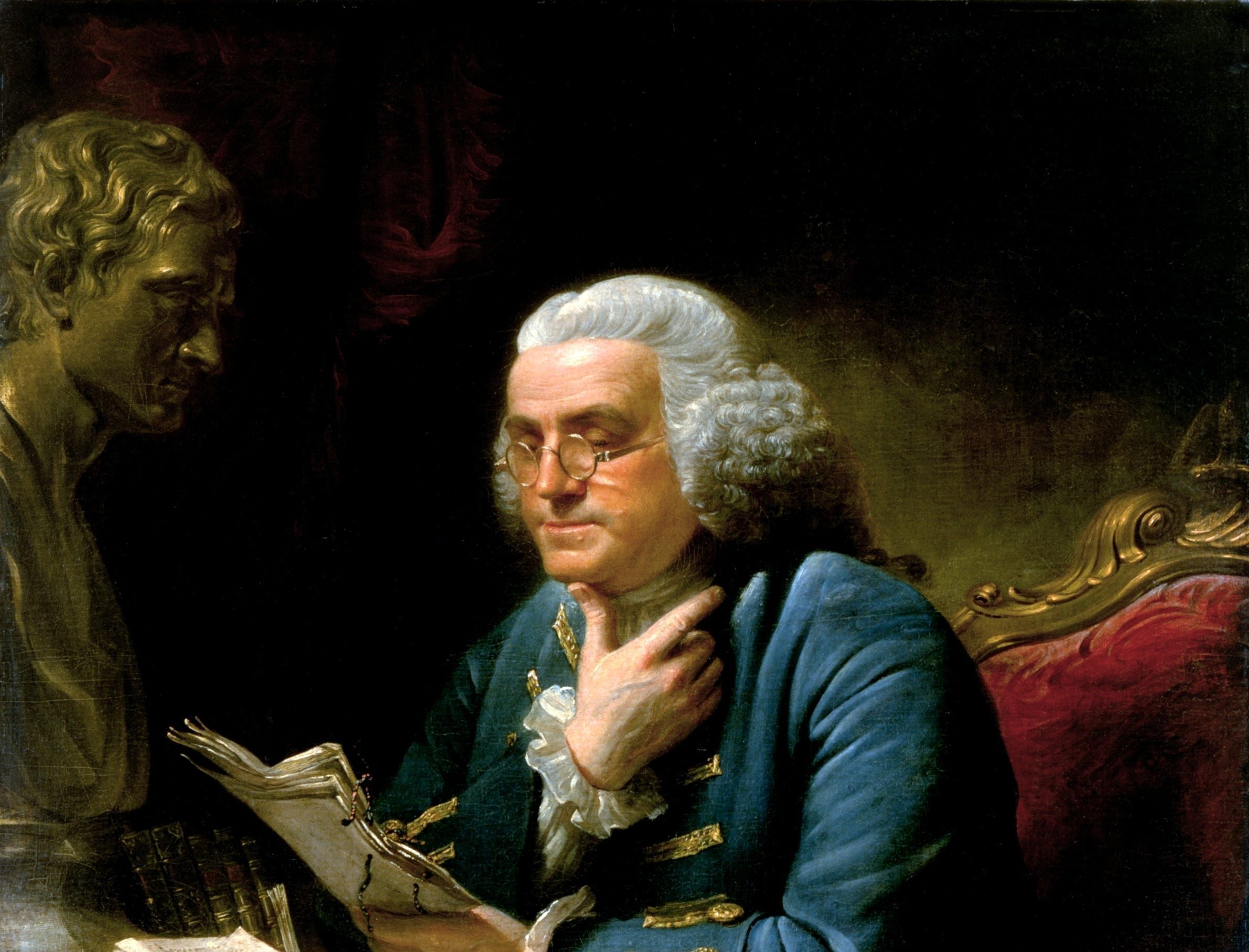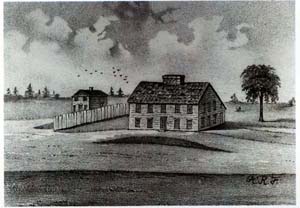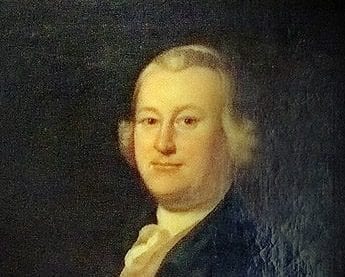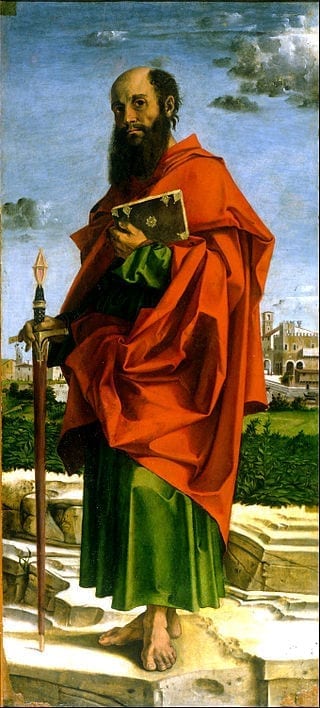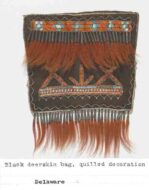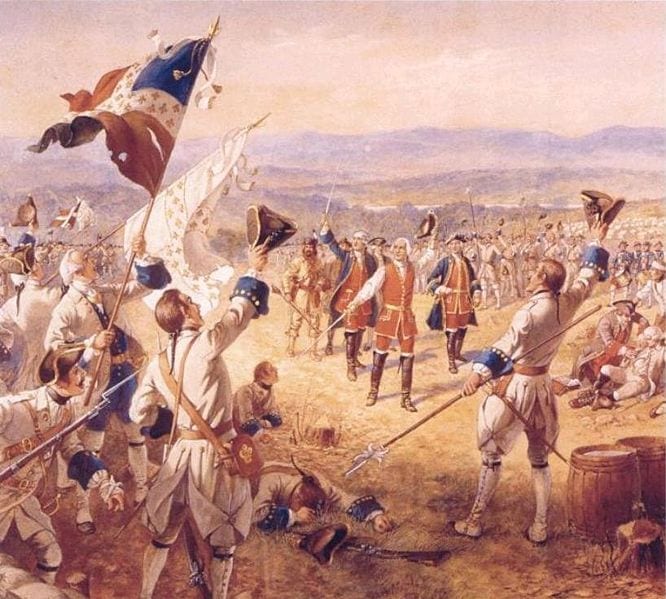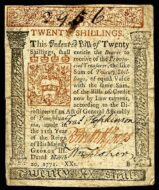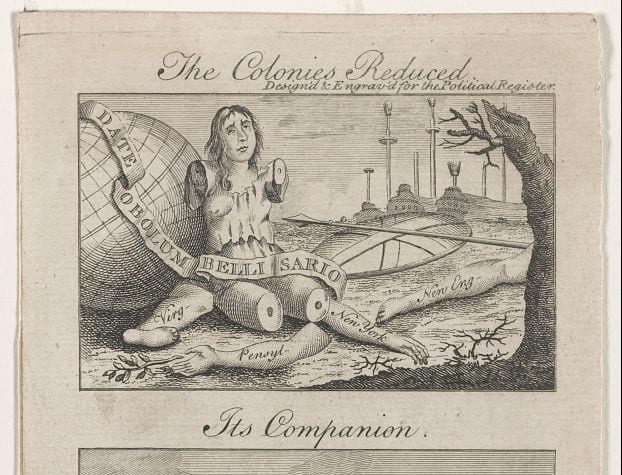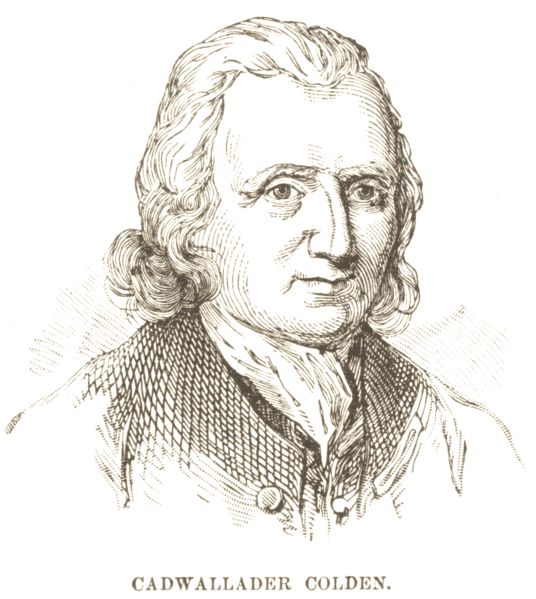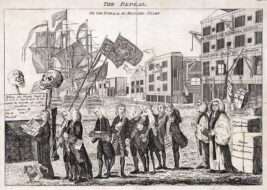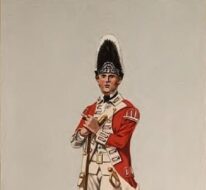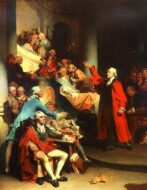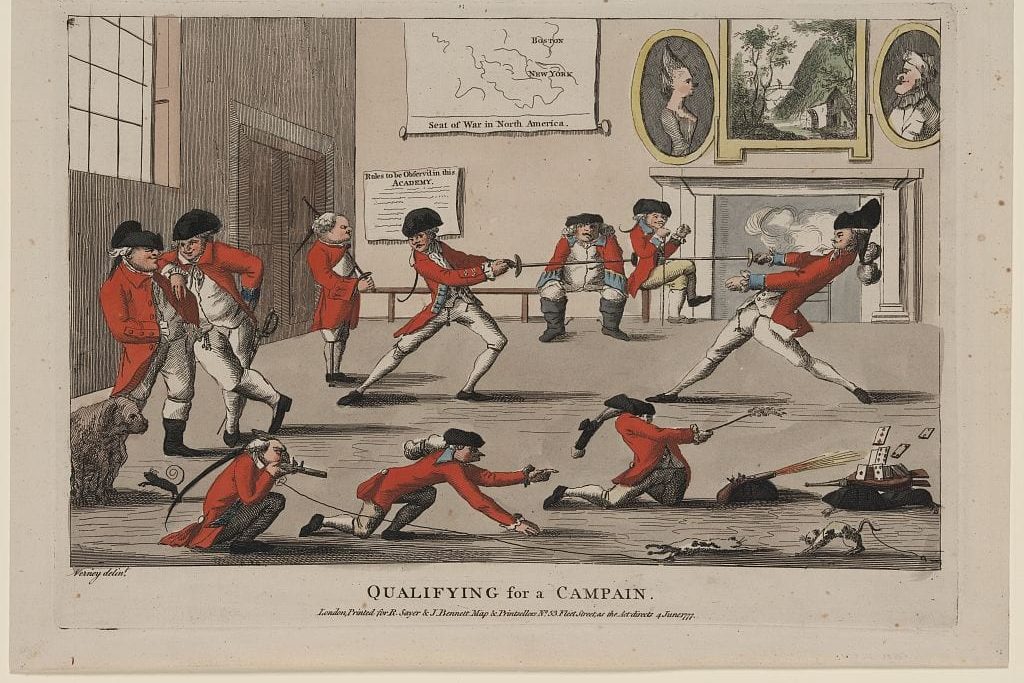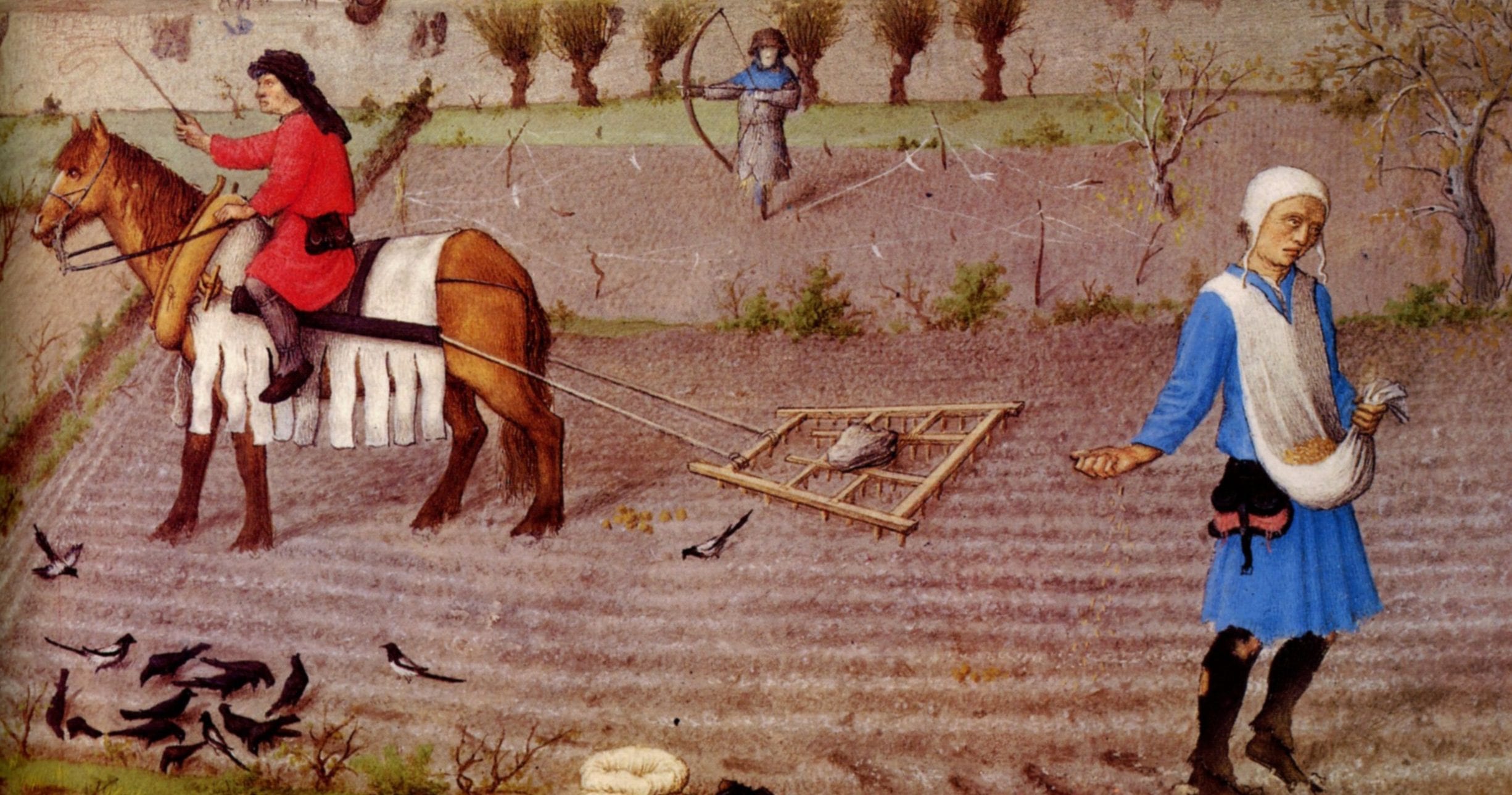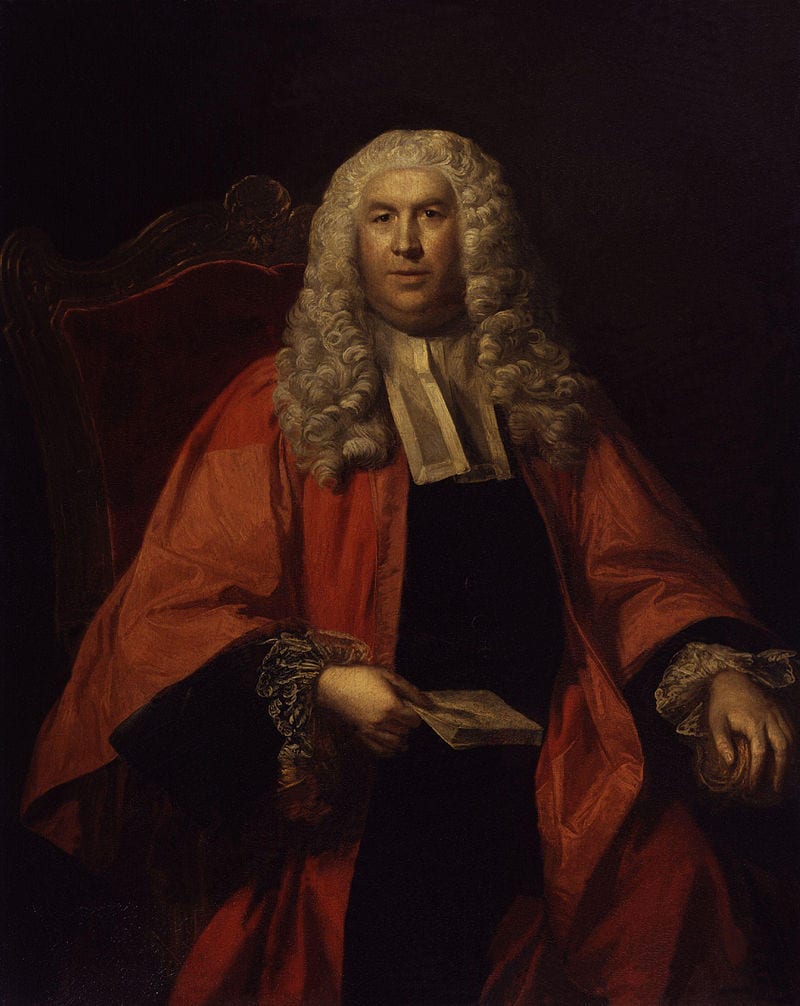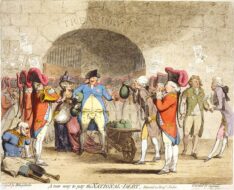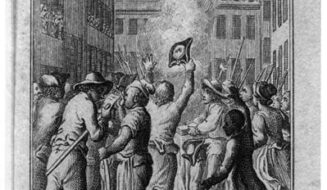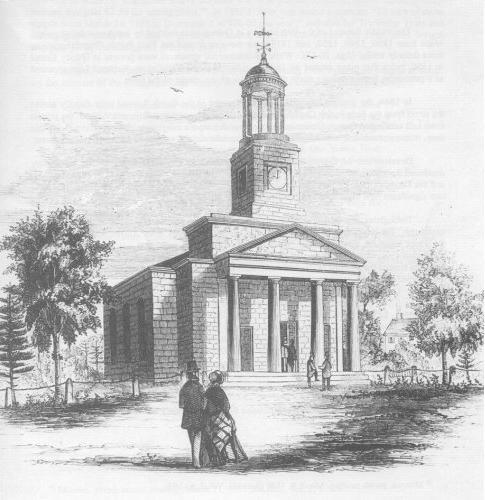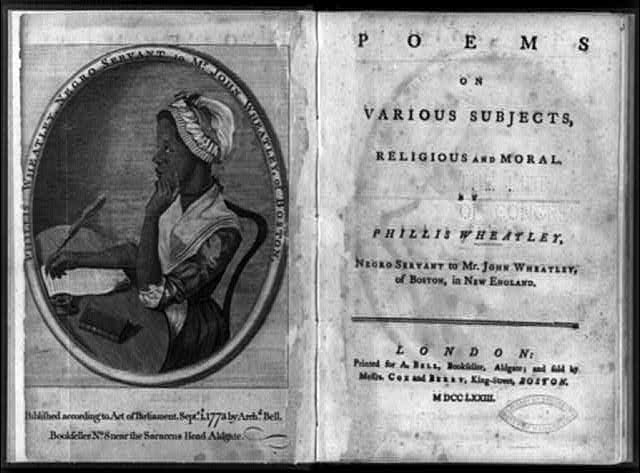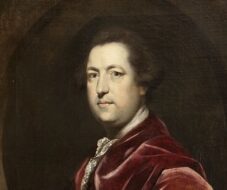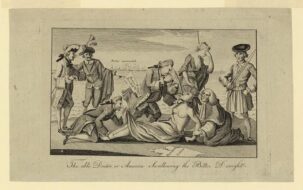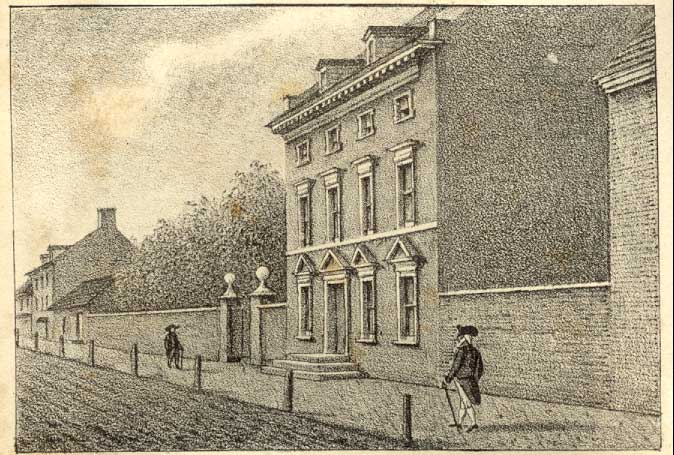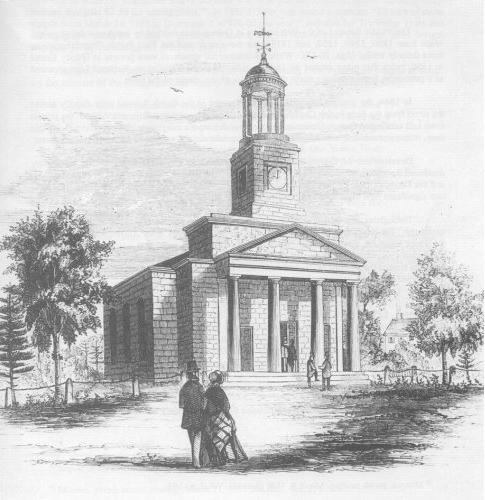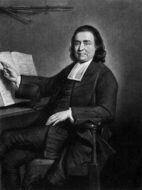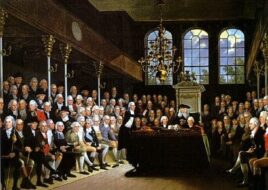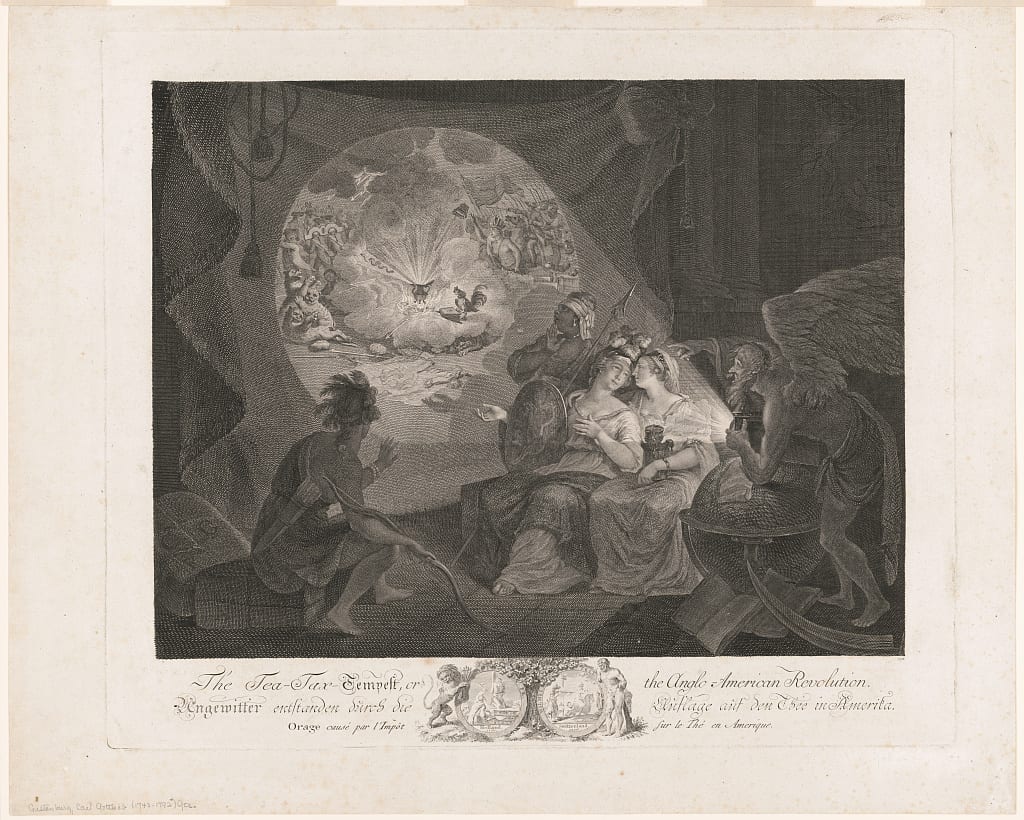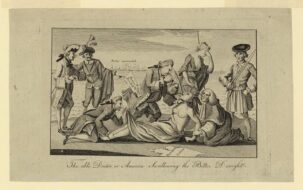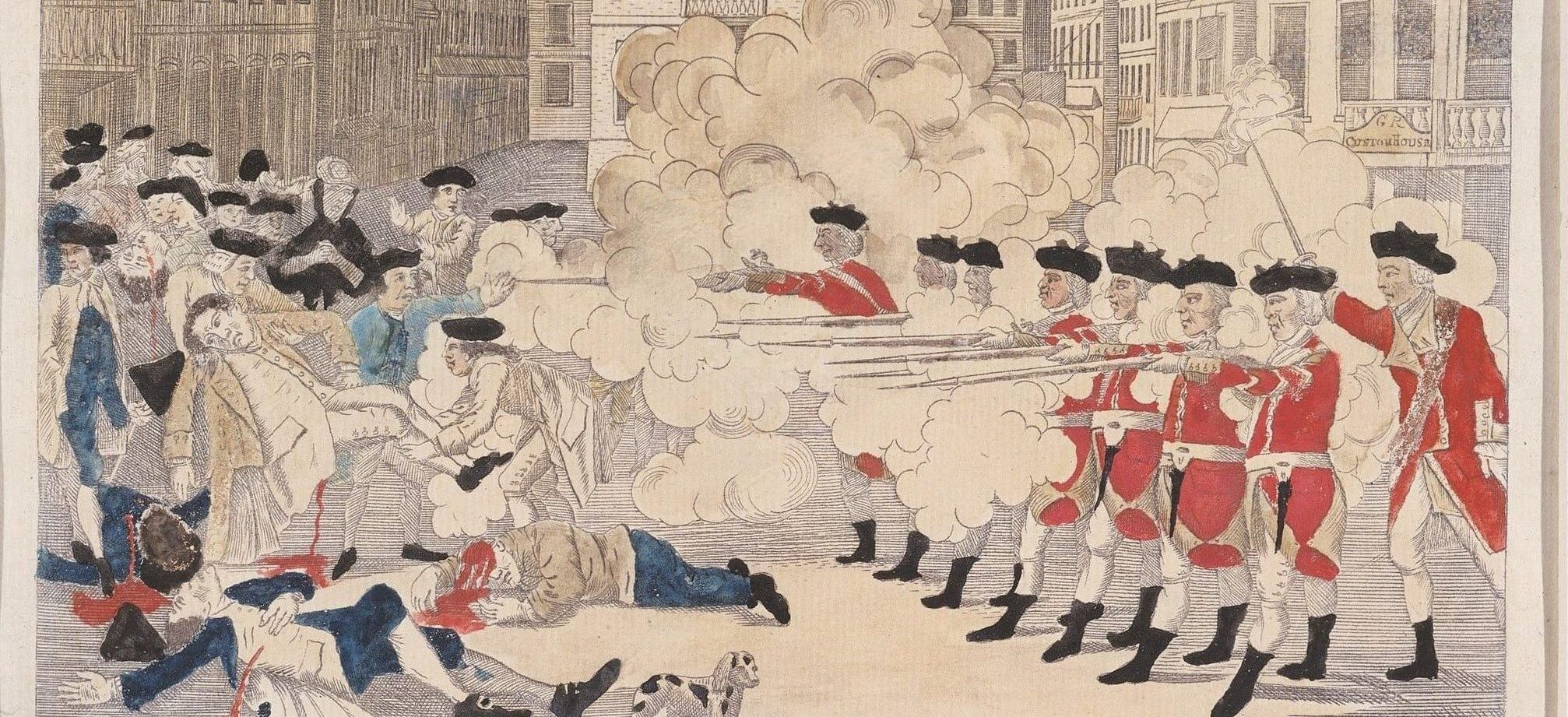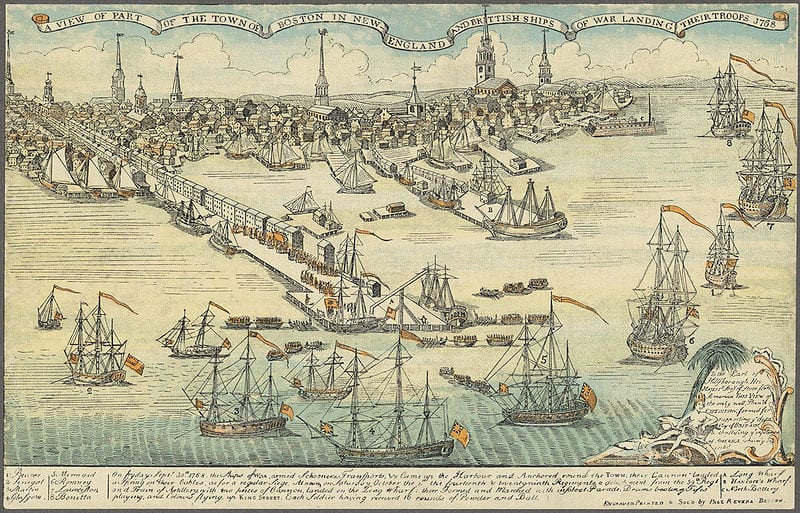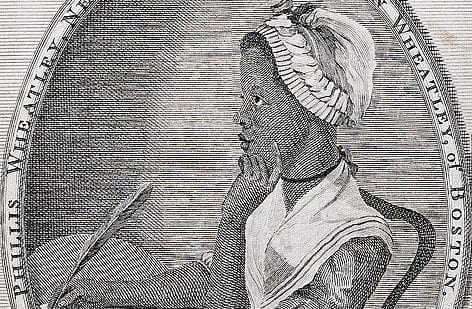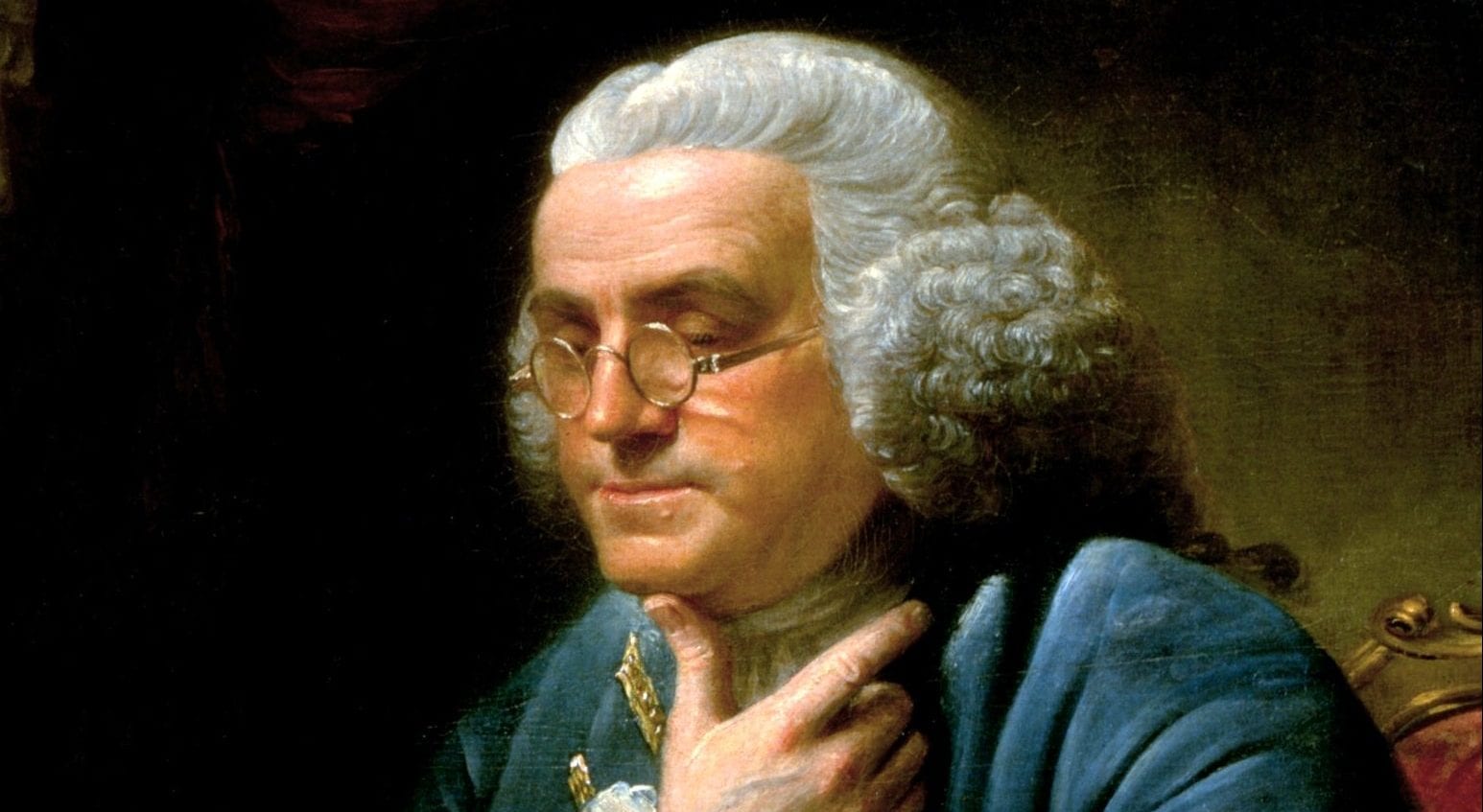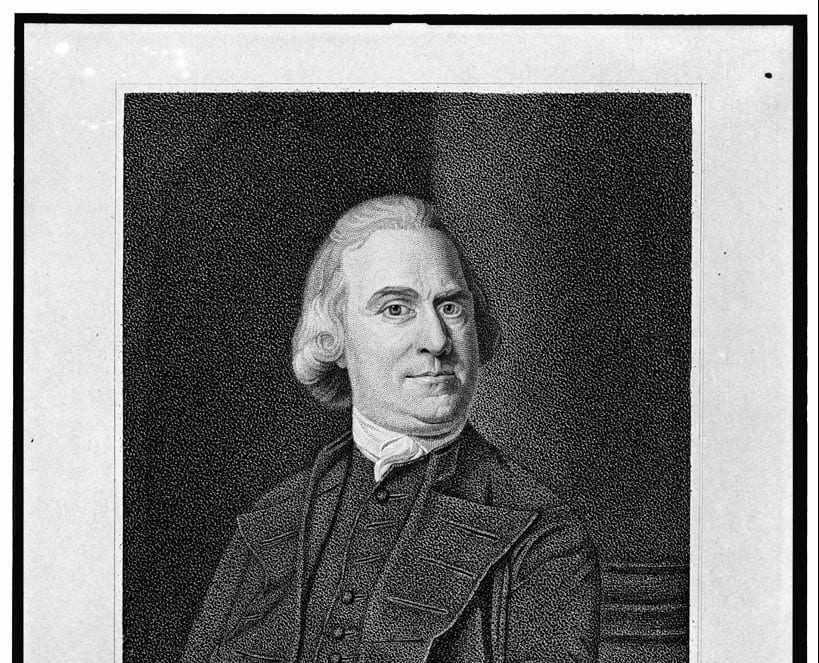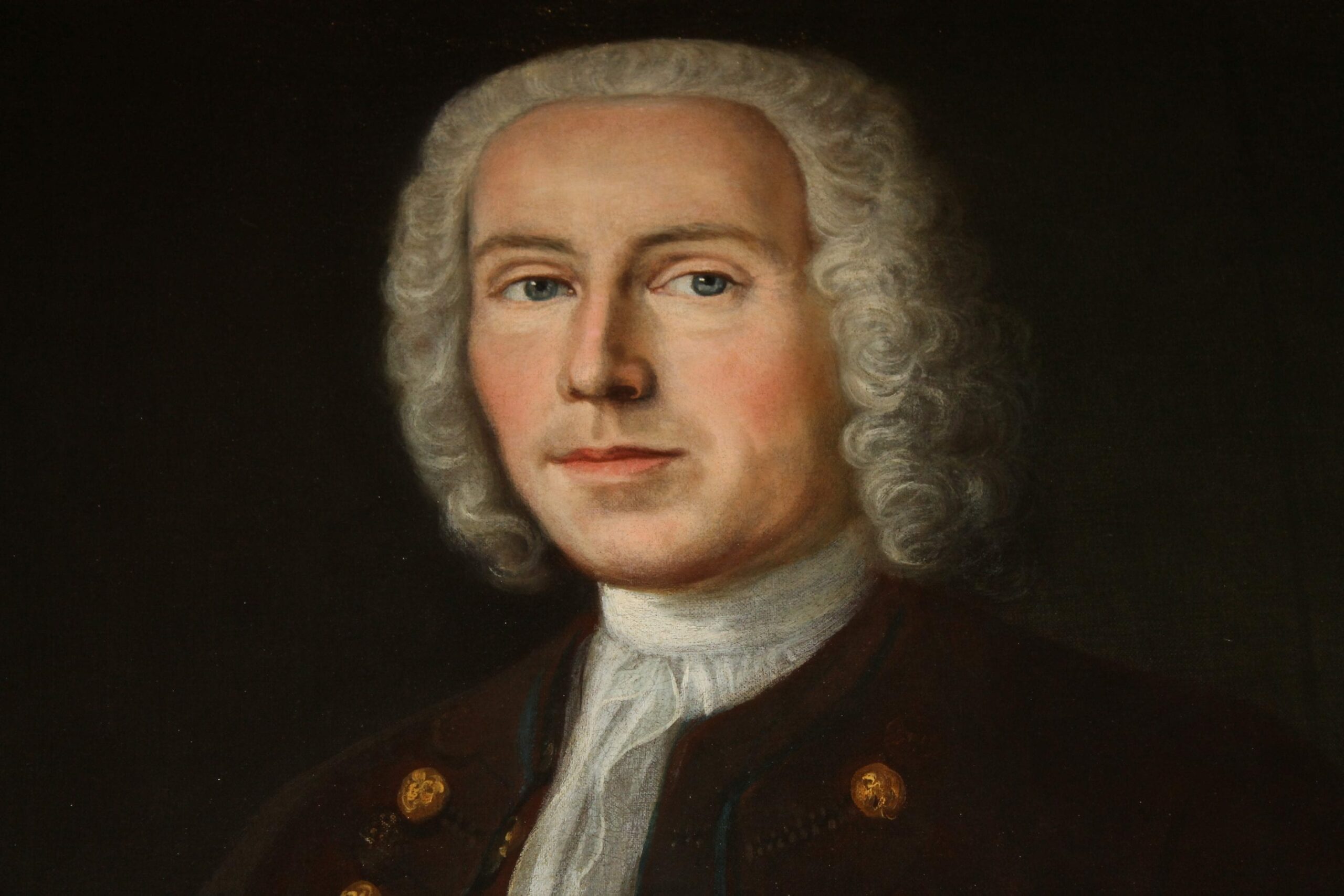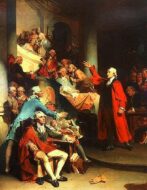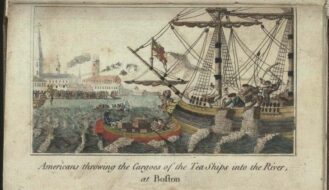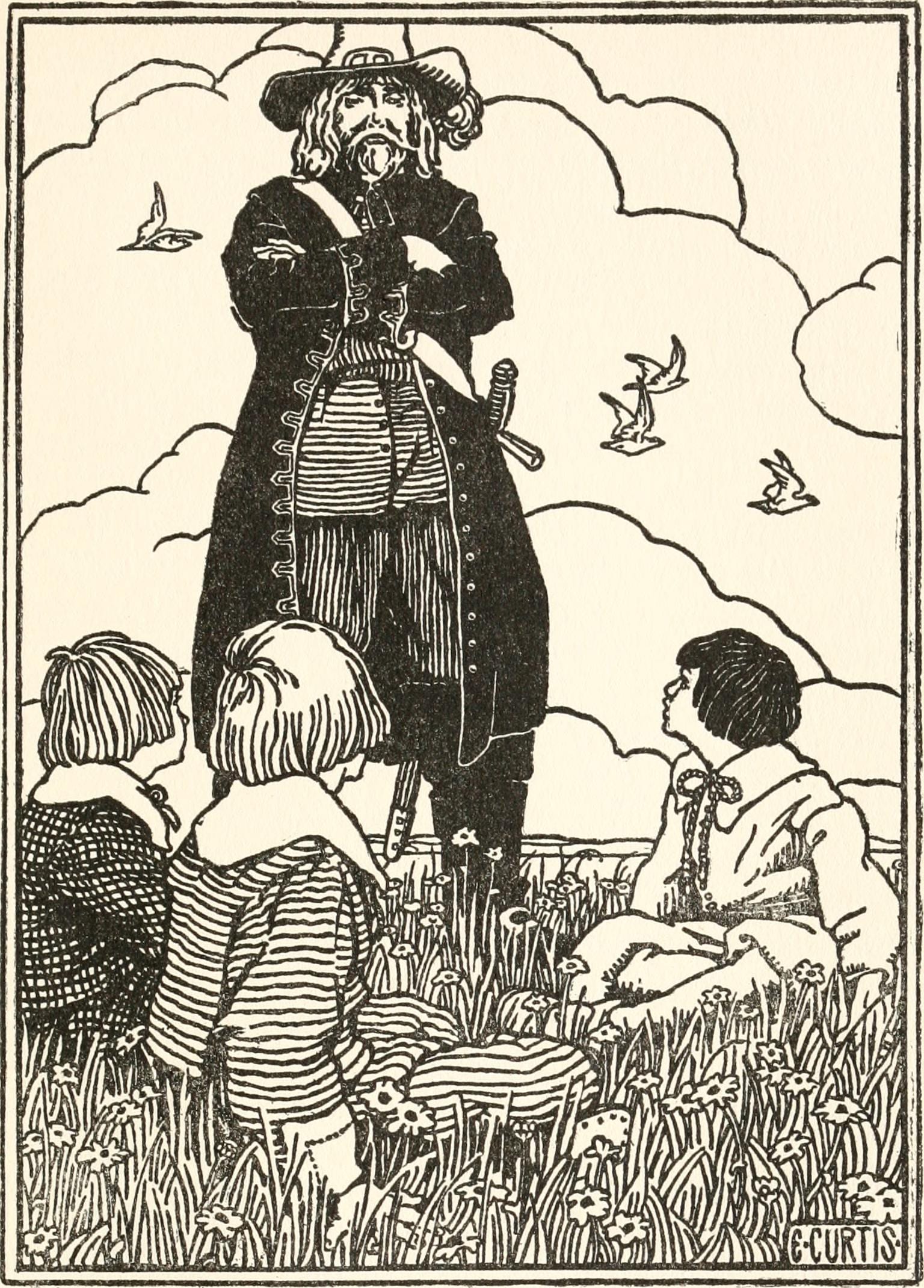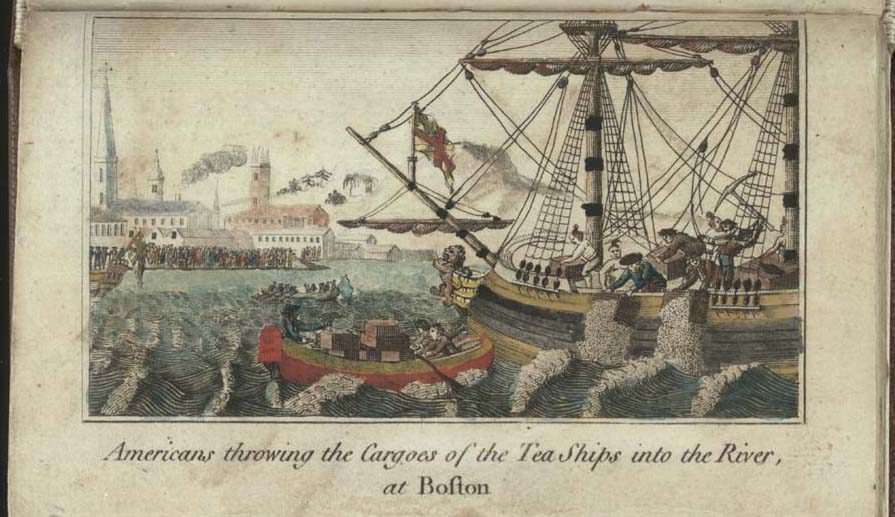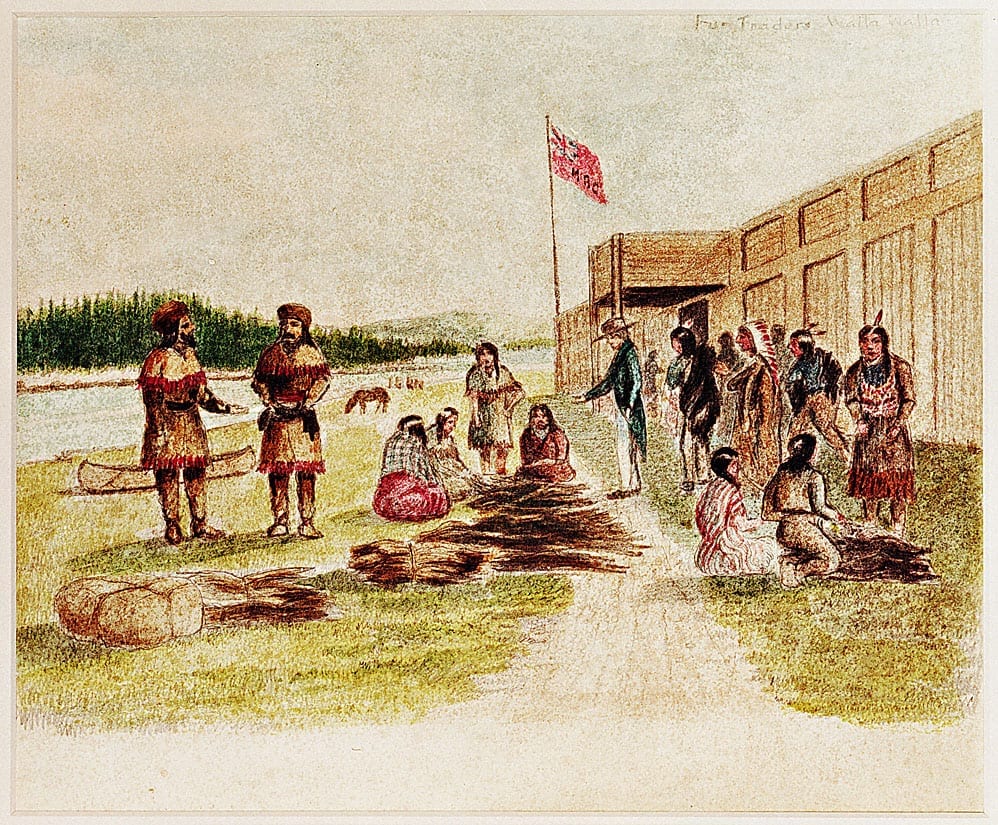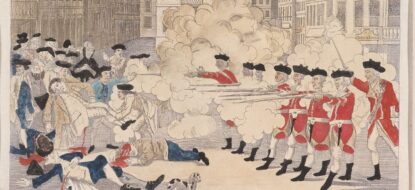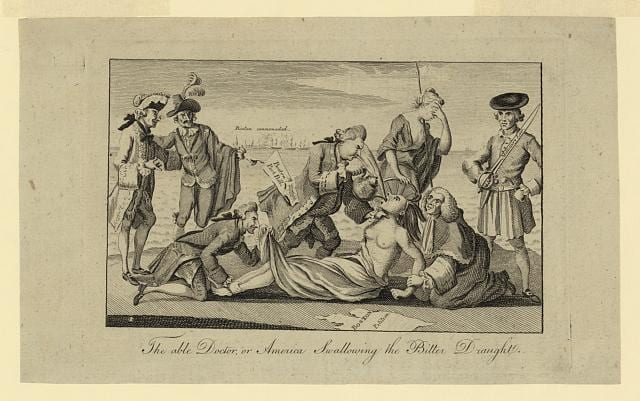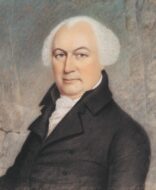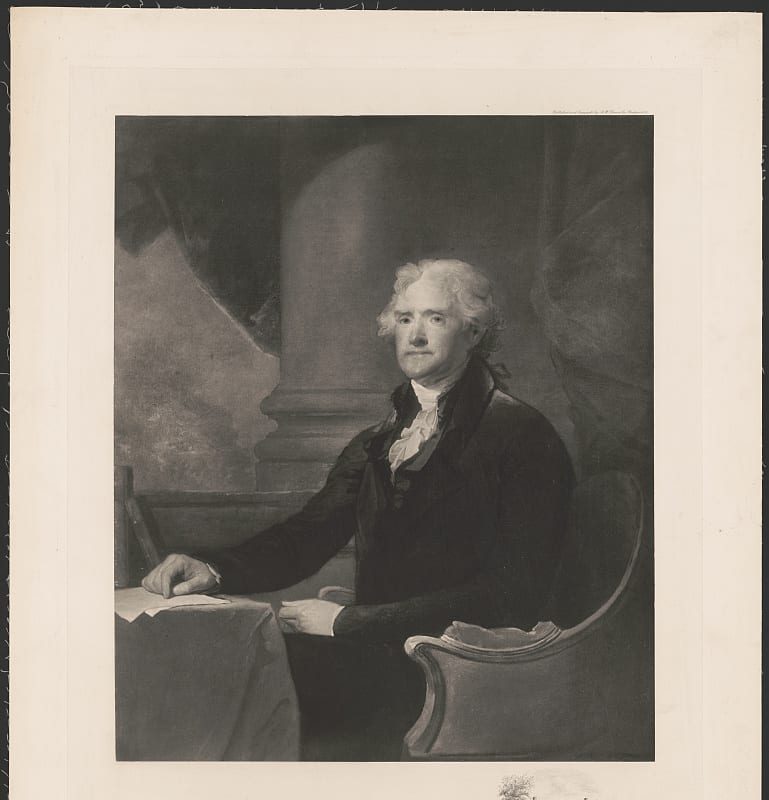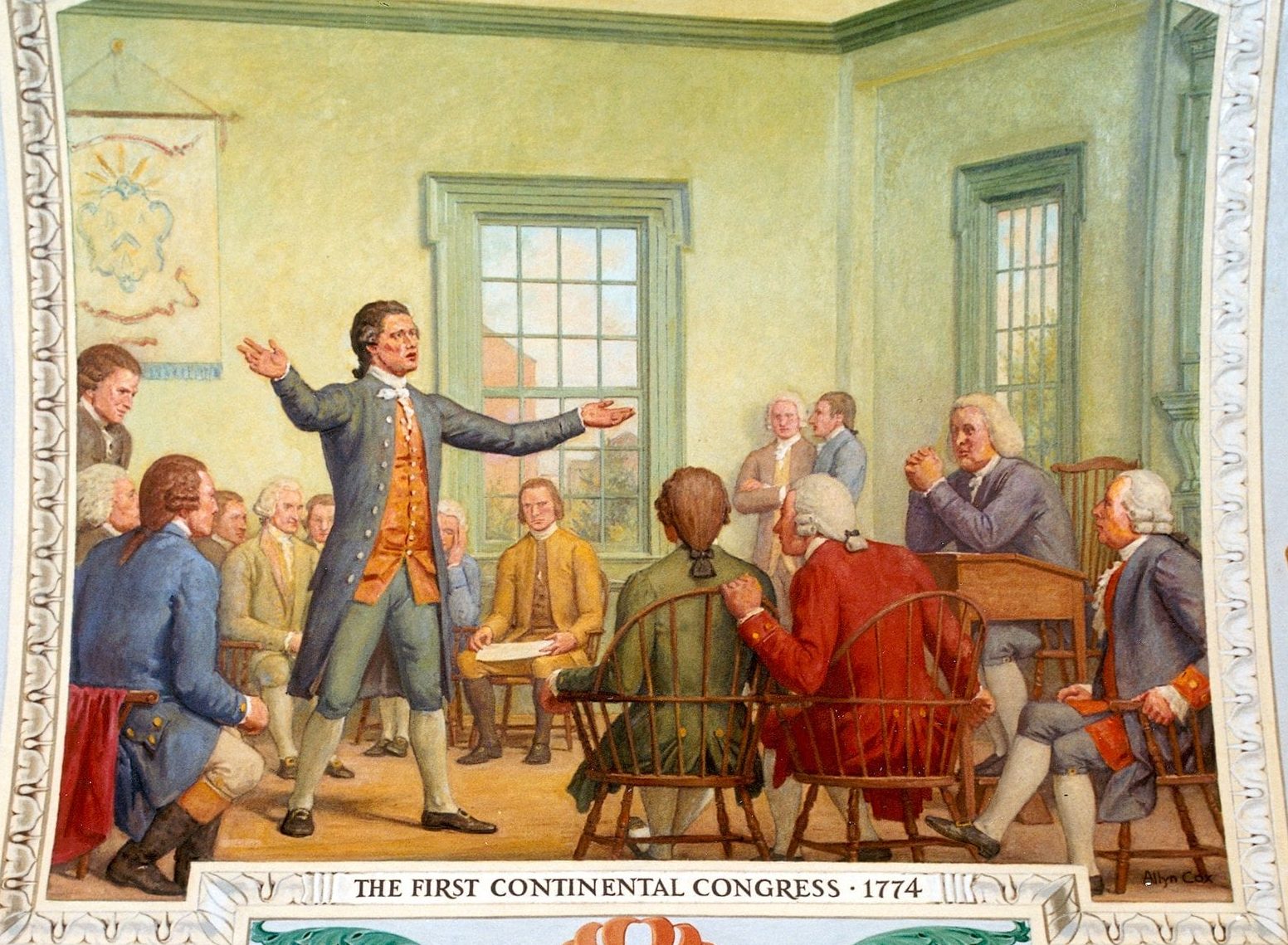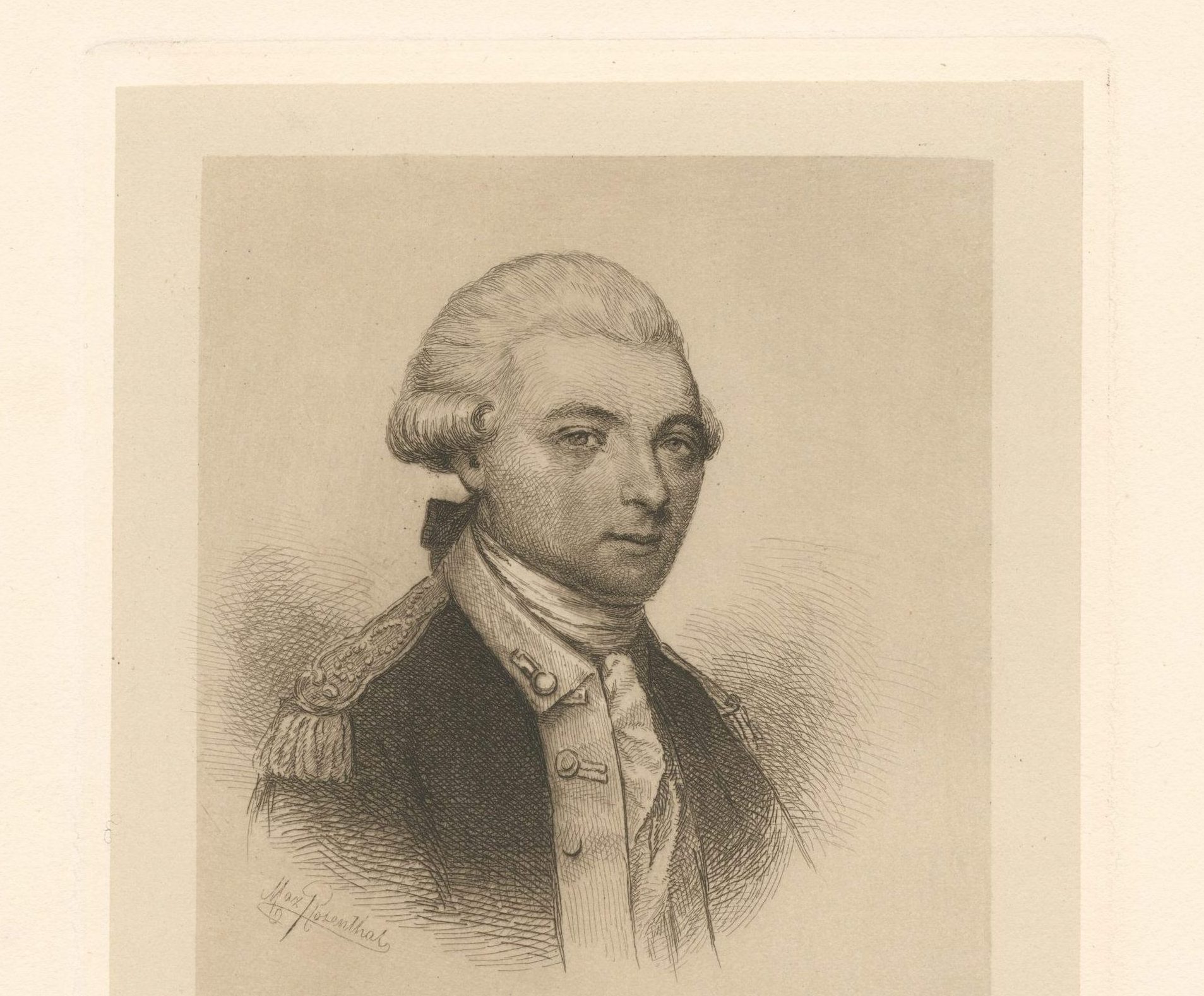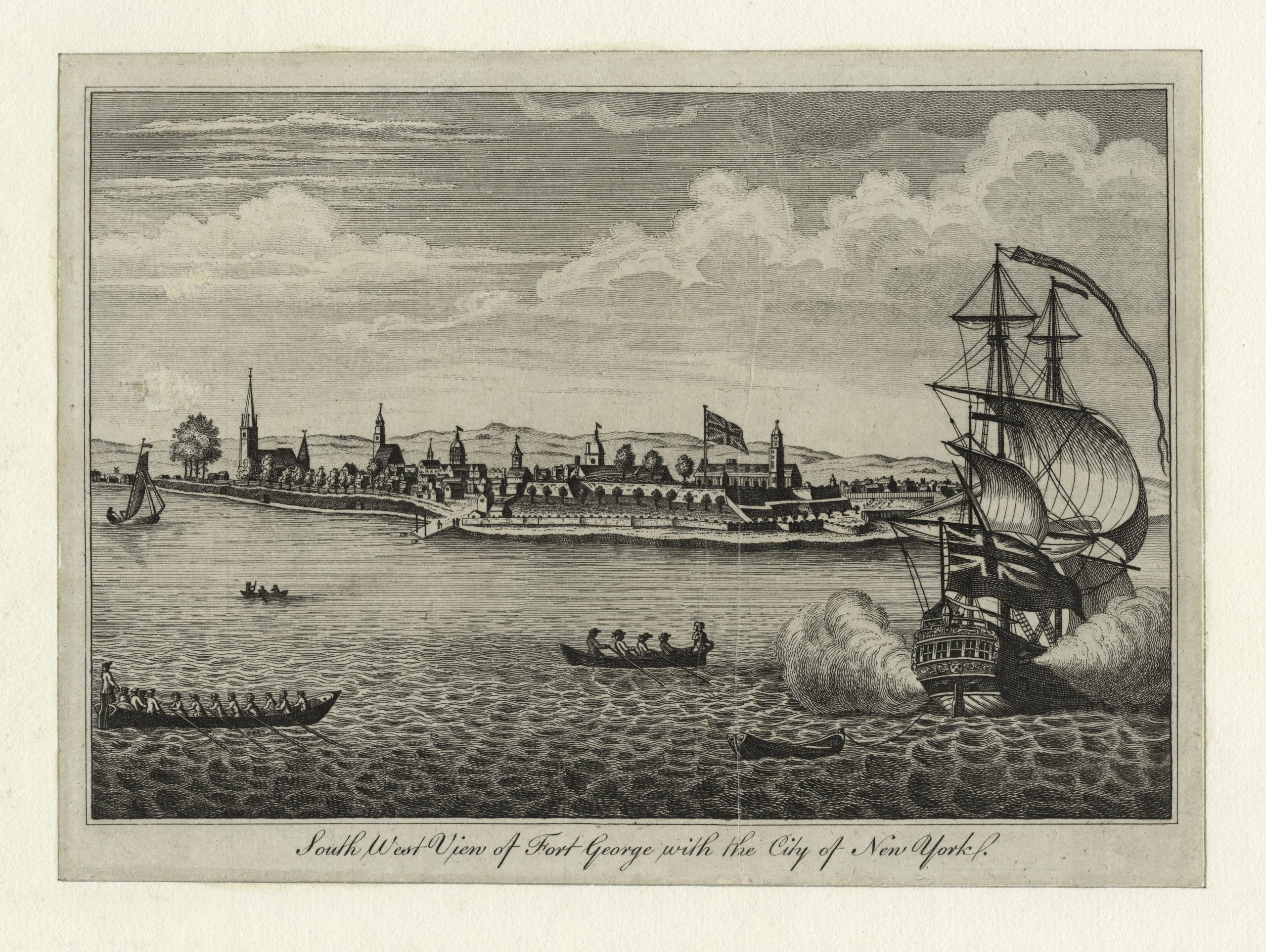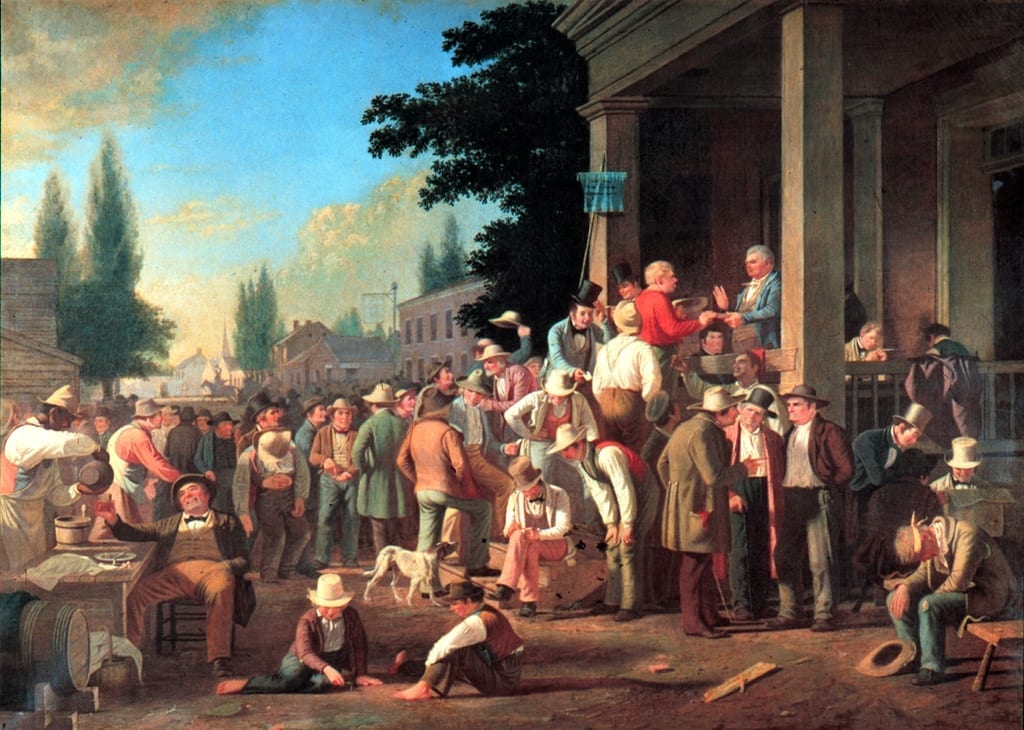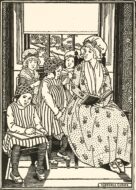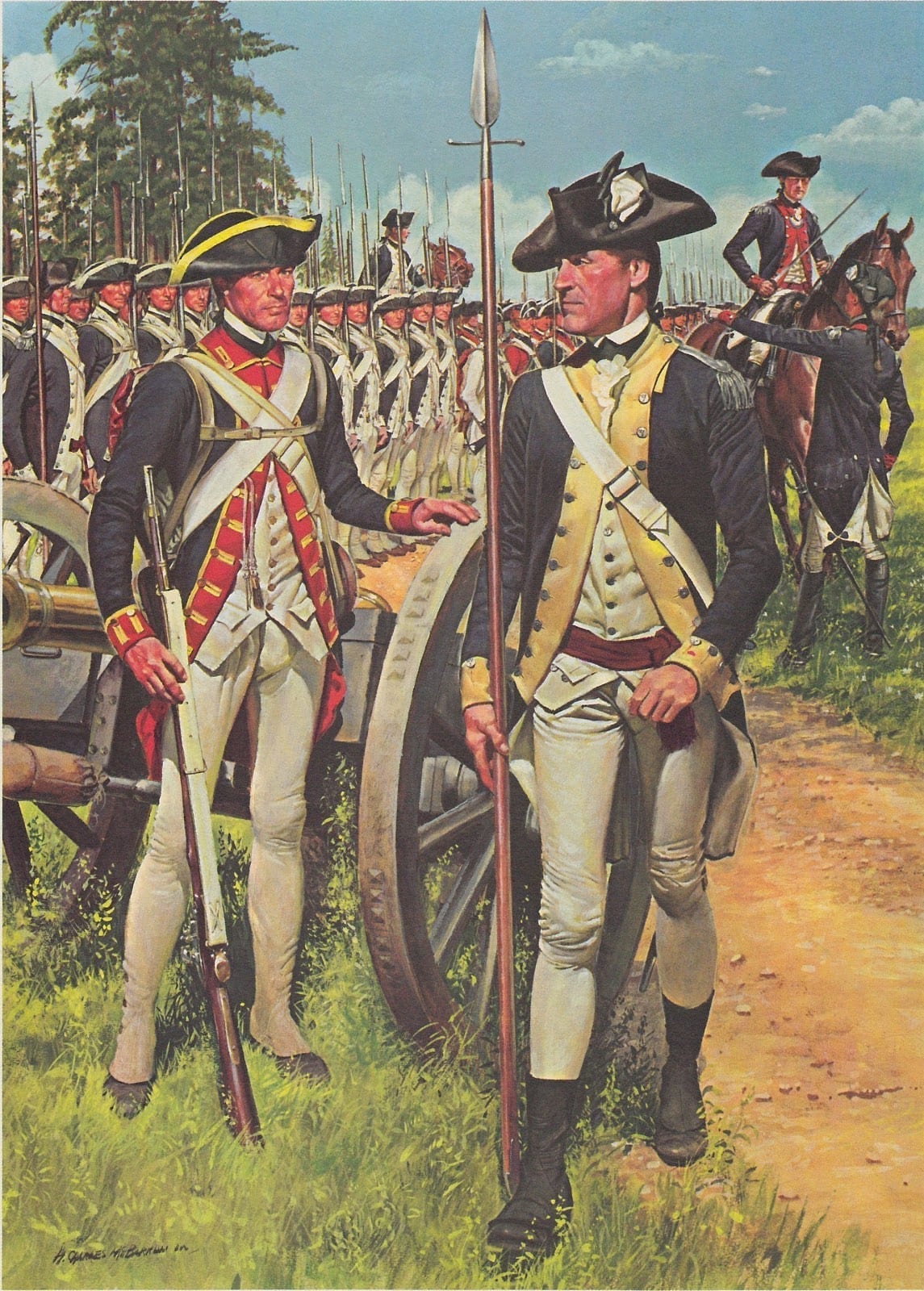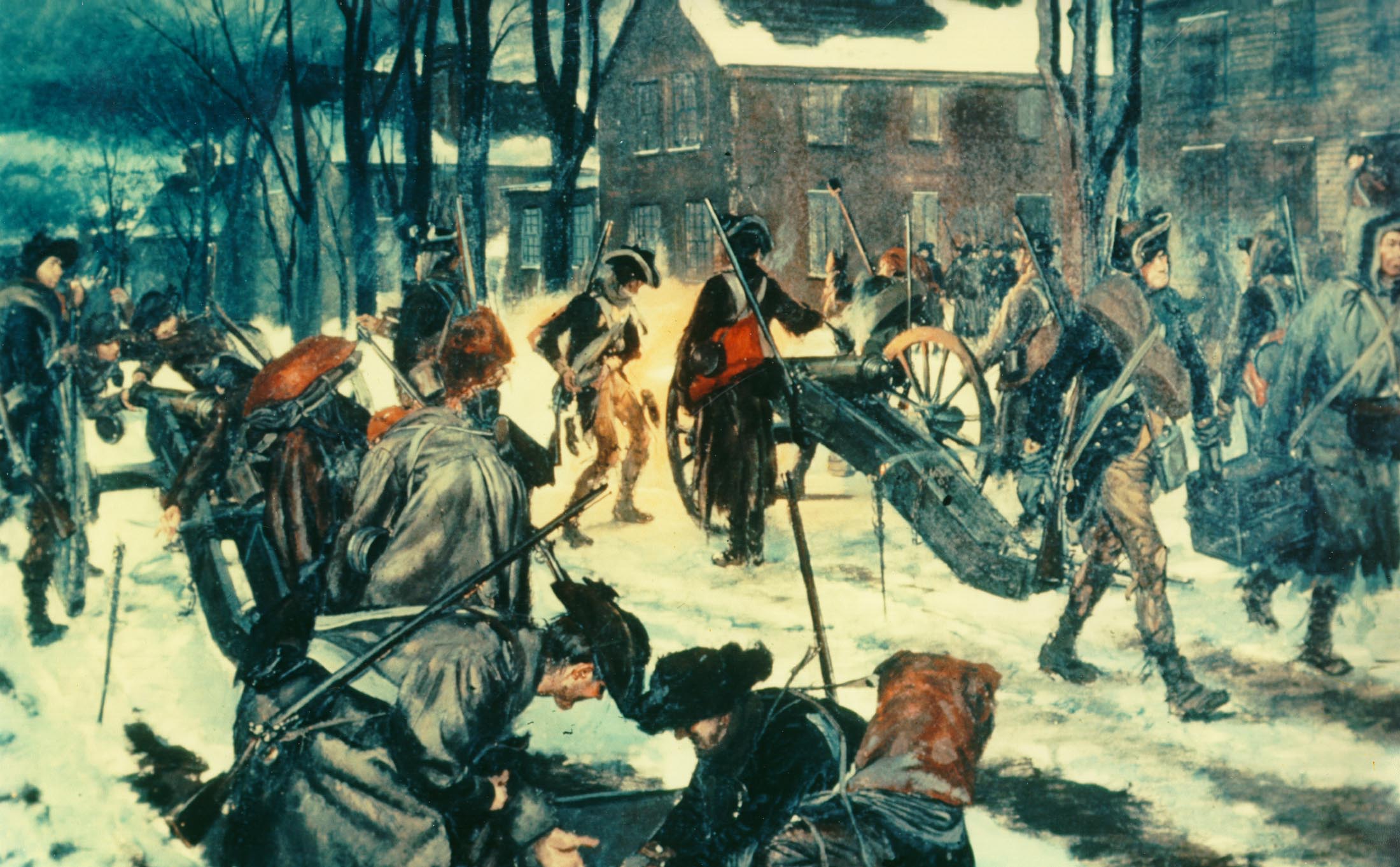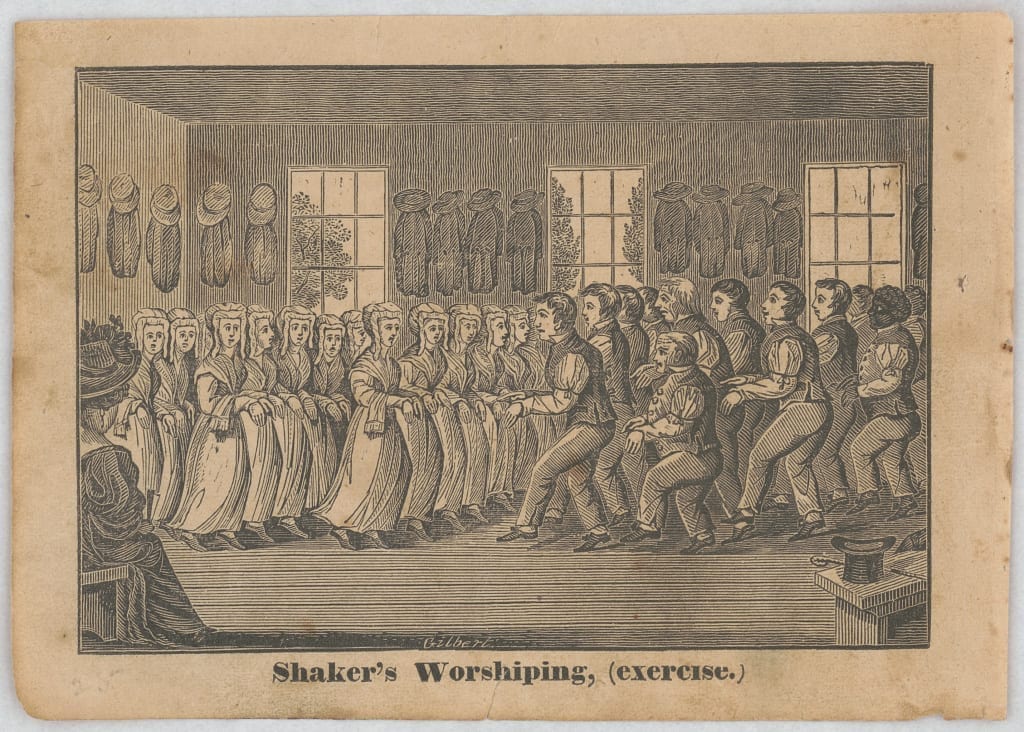
No related resources
Introduction
In the early years of the Virginia colony, founded in 1607, the majority of its unfree laborers were indentured servants, men and women who signed a legal contract called an indenture that bound them to work for a certain individual for a certain number of years. In exchange for their labor, indentured servants received room, board, and some type of education or training. During the indenture, the servant was legally subject to the rule of his or her master. No matter how oppressive the master, however, at the end of the indenture period, the individual servant was free. Moreover, when the indenture ended, the indentured servants was supposed to receive a set of supplies and a sum of money adequate for starting out on his or her own.
The second class of unfree labor consisted of slaves. Initially, slavery was not based solely on race; neither was it inheritable nor necessarily permanent. White servants, African slaves and white masters sometimes worked side by side. Over time, as the English expanded their participation in the Atlantic slave trade and the demand for labor increased in the mother country, the balance of laborers in Virginia shifted. By the end of the 1670s, black slaves began to replace both white indentured servants and native Americans held as slaves as Virginians’ primary source of labor. As the number of slaves grew, the Virginia Assembly began to specify the difference between slaves and servants, on what basis someone could be enslaved, and the conditions and character of slave and servant labor. The law on slaves and servants, enacted by the Virginia Assembly in 1705, compiled and updated these various laws into one comprehensive legal statement. Such “slave codes” were necessary because they were not part of the English common law that the colonists brought with them to Virginia.
In subsequent years, the Assembly passed further laws aimed at controlling slaves, for example, passing a law governing how slaves would be tried for capital crimes and to better detect slave conspiracies and revolts (1723). This same law deprived free Blacks of the right to vote. The Board of Trade in London, which oversaw the colony, raised a question about this prohibition, occasioning an exchange of letters that reveals already divergent attitudes towards Africans in the colony and the mother country. The Board of Trade wanted to know how a free man could be deprived of the vote solely because of his complexion, while the Lieutenant Governor of Virginia replied that the colony needed to keep Africans, both slave and free, under control.
Source: The statutes at large: being a collection of all the laws of Virginia, from the first session of the legislature, in the year 1619. . . By William Waller Hening (New-York: Printed for the editor, by R. & W. & G. Bartow, 1823), vol. III, 447–461, available at https://babel.hathitrust.org/cgi/pt?id=hvd.hw2scr&view=1up&seq=433.
I. Be it enacted, by the governor, council, and burgesses . . . that all servants brought into this country without indenture, if the said servants be Christians, and of Christian parentage, and above nineteen years of age, shall serve but five years; and if under nineteen years of age, ’till they shall become twenty-four years of age, and no longer. . . .
IV. And also be it enacted, by the authority aforesaid . . . that all servants imported and brought into this country, by sea or land, who were not Christians in their native country, (except Turks and Moors in amity with her majesty, and others that can make due proof of their being free in England, or any other Christian country, before they were shipped, in order to transportation hither) shall be accounted and be slaves, and such be here bought and sold notwithstanding a conversion to Christianity afterward.
V. And be it enacted, by the authority aforesaid, and it is hereby enacted, That if any person or persons shall hereafter import into this colony, and here sell as a slave, any person or persons that shall have been a freeman in any Christian country, island, or plantation, such importer or seller as aforesaid, shall forfeit and pay, to the party from whom the said freeman shall recover his freedom, double the sum for which the said freeman was sold. To be recovered, in any court of record within this colony, according to the course of the common law, wherein the defendant shall not be admitted to plead in bar, any act or statute for limitation of actions.
VI. Provided always, That a slave’s being in England, shall not be sufficient to discharge him of his slavery, without other proof of his being manumitted there.
VII. And also be in enacted, by the authority aforesaid . . . that all masters and owners of servants, shall find and provide for their servants, wholesome and competent diet, clothing, and lodging, by the discretion of the county court; and shall not, at any time, give immoderate correction; neither shall, at any time, whip a Christian white servant naked, without an order from a justice of the peace: And if any, notwithstanding this act, shall presume to whip a Christian white servant naked, without such order, the person so offending, shall forfeit and pay for the same, forty shillings sterling to the party injured: To be recovered, with costs, upon petition, without the formal process of an action, as in and by this act is provided for servants complaints to be heard; provided complaint be made within six months after such whipping.
VIII. And also be it enacted, by the authority aforesaid, and it is hereby enacted, That all servants, (not being slaves,) whether imported, or become servants of their own accord here, or bound by any court or church-wardens, shall have their complaints received by a justice of the peace, who, if he find cause, shall bind the master over to answer the complaint at court; and it shall be there determined . . .
XI. And for a further Christian care and usage of all Christian servants, be it also enacted, by the authority aforesaid . . . that no negros, mulattos, or Indians, although Christians, or Jews, Moors, Mahometans, or other infidels, shall, at any time, purchase any Christian servant, nor any other, except of their own complexion, or such as are declared slaves by this act: And if any negro, mulatto, or Indian, Jew, Moor, Mahometan, or other infidel, or such as are declared slaves by this act, shall, notwithstanding, purchase any Christian white servant, the said servant shall, ipso facto, become free and acquit from any service then due, and shall be so held, deemed, and taken: And if any person, having such Christian servant, shall intermarry with any such negro, mulatto, or Indian, Jew, Moor, Mahometan, or other infidel, every Christian white servant of every such person so intermarrying, shall, ipso facto, become free and acquit from any service then due to such master or mistress so intermarrying, as aforesaid.
Mahometans, or other infidels, shall, at any time, purchase any Christian servant, nor any other, except of their own complexion, or such as are declared slaves by this act: And if any negro, mulatto, or Indian, Jew, Moor, Mahometan, or other infidel, or such as are declared slaves by this act, shall, notwithstanding, purchase any Christian white servant, the said servant shall, ipso facto, become free and acquit from any service then due, and shall be so held, deemed, and taken: And if any person, having such Christian servant, shall intermarry with any such negro, mulatto, or Indian, Jew, Moor, Mahometan, or other infidel, every Christian white servant of every such person so intermarrying, shall ipso facto, become free and acquit from any service then due to such master or mistress so intermarrying, as aforesaid.
XII. And also be it enacted, by the authority aforesaid, and it is hereby enacted, That no master or owner of any servant shall during the time of such servant’s servitude, make any bargain with his or her said servant for further service, or other matter or thing relating to liberty, or personal profit, unless the same be made in the presence, and with the approbation, of the court of that county where the master or owner resides: And if any servants shall, at any time bring in goods or money, or during the time of their service, by gift, or any other lawful ways or means, come to have any goods or money, they shall enjoy the propriety[1] thereof, and have the sole use and benefit thereof to themselves. And if any servant shall happen to fall sick or lame, during the time of service, so that he or she becomes of little or no use to his or her master or owner, but rather a charge, the said master or owner shall not put away the said servant, but shall maintain him or her, during the whole time he or she was before obliged to serve, by indenture, custom, or order of court. . . .
XIII. And whereas there has been a good and laudable custom of allowing servants corn and clothes for their present support, upon their freedom; but nothing in that nature ever made certain, Be it also enacted, by the authority aforesaid, and it is hereby enacted, That there shall be paid and allowed to every imported servant, not having yearly wages, at the time of service ended, by the master of owner of such servant, viz: To every male servant, ten bushels of indian corn, thirty shillings in money, or the value thereof, in goods, and one well fixed musket or fuzee, of the value of twenty shillings, as least: and to every woman servant, fifteen bushels of indian corn, and forty shillings in money, or the value thereof, in goods: Which, upon refusal, shall be ordered, with costs, upon petition to the county court, in manner as is herein before directed, for servants’ complaints to be heard.
XIV. And also be it enacted, by the authority aforesaid, and it is hereby enacted, That all servants shall faithfully and obediently, all the whole time of their service, do all their masters’ or owners’ just and lawful commands. And if any servant shall resist the master, or mistress, or overseer, or offer violence to any of them, the said servant shall, for every such offence, be adjudged to serve his or her said master or owner, one whole year after the time, by indenture, custom, or former order of court, shall be expired.
XV. And also be it enacted, by the authority aforesaid . . . that no person whatsoever shall buy, sell, or receive of, to, or from, any servant, or slave, any coin or commodity whatsoever, without the leave, license, or consent of the master or owner of the said servant, or slave. . .
XVI. Provided always, and be it enacted, That when any person or persons convict for dealing with a servant, or slave, contrary to this act, shall not immediately give good and sufficient security for his or her good behavior, as aforesaid: then in such case, the court shall order thirty-nine lashes, well laid on, upon the bare back of such offender, at the common whipping-post of the county, and the said offender to be thence discharged of giving such bond and security.
XVII. And also be it enacted, by the authority aforesaid . . . that in all cases of penal laws, whereby persons free are punished by fines, servants shall be punished by whipping. . . .
XVIII. And if any women servant shall be delivered of a bastard child . . . in recompense of the loss and trouble occasioned her master or mistress thereby, she shall for every such offense serve her master or owner one whole year after her time by indenture. . . . And if any woman servant shall have a bastard child by a negro, or mulatto, over and above the year’s service due to her master or owner, she shall immediately, upon the expiration of her time to her then present master or owner, pay down to the church-wardens of the parish wherein such child shall be born, for the use of the said parish, fifteen pounds current money of Virginia, or be by them sold for five years, to the use aforesaid: And if a free Christian white woman shall have such bastard child, by a negro, or mulatto, for every such offence, she shall, within one month after her delivery of such bastard child, pay to the church-wardens for the time being, of the parish wherein such child shall be born, for the use of the said parish fifteen pounds current money of Virginia, or be by them sold for five years to the use aforesaid: And in both the said cases, the church-wardens shall bind the said child to be a servant, until it shall be of thirty-one years of age.
XIX. And for a further prevention of that abominable mixture and spurious issue, which hereafter may increase in this her majesty’s colony and dominion, as well by English, and other white men and women intermarrying with negroes or mulattos, as by their unlawful coition with them, Be it enacted, by the authority aforesaid, and it is hereby enacted, That whatsoever English, or other white man or woman, being free, shall intermarry with a negro or mulatto man or woman, bond or free, shall, by judgment of the county court, be committed to prison, and there remain, during the space of six months, without bail or mainprize; and shall forfeit and pay ten pounds current money of Virginia, to the use of the parish, as aforesaid.
XX. And be it further enacted, that no minister of the church of England, or other minister, or person whatsoever, within this colony and dominion, shall hereafter wittingly presume to marry a white man with a negro or mulatto woman; or to marry a white woman with a negro or mulatto man. . . .
XXIII. And for encouragement of all persons to take up runaways, Be it enacted, by the authority aforesaid, and it is hereby enacted, That for the taking up of every servant, or slave, if ten miles, or above, from the house or quarter where such servant, or slave was kept, there shall be allowed by the public, as a reward to the taker-up, two hundred pounds of tobacco; and if above five miles, and under ten, one hundred pounds of tobacco. . . .
XXV. And further, the said justice of the peace, when such runaway shall be brought before him, shall, by his warrant commit the said runaway to the next constable, and therein also order him to give the said runaway so many lashes as the said justice shall think fit, not exceeding the number of thirty-nine; and then to be conveyed from constable to constable, until the said runaway shall be carried home, or to the country jail, as aforesaid, every constable through whose hands the said runaway shall pass, giving a receipt at the delivery. . . .
XXXII. And also be it enacted, by the authority aforesaid . . . that no master, mistress, or overseer of a family, shall knowingly permit any slave, not belonging to him or her, to be and remain upon his or her plantation, above four hours at any one time, without the leave of such slave’s master, mistress, or overseer, on penalty of one hundred and fifty pounds of tobacco to the informer. . . .
XXXIV. And if any slave resist his master, or owner, or other person, by his or her order, correcting such slave, and shall happen to be killed in such correction, it shall not be accounted felony; but the master, owner, and every such other person so giving correction, shall be free and acquit of all punishment and accusation for the same, as if such incident had never happened: And also, if any negro, mulatto, or Indian, bond or free, shall at any time, lift his or her hand, in opposition against any Christian, not being negro, mulatto, or Indian, he or she so offending shall, for every such offence, proved by the oath of the party, receive on his or her bare back, thirty lashes, well laid on . . .
XXXV. And also be it enacted, by the authority aforesaid . . . that no slave go armed with gun, sword, club, staff, or other weapon, nor go from off the plantation and seat of land where such slave shall be appointed to live, without a certificate of leave in writing, for so doing, from his or her master, mistress, or overseer: And if any slave shall be found offending herein, it shall be lawful for any person or persons to apprehend and deliver such slave to the next constable or head-borough, who is hereby enjoined and required, without further order or warrant, to give such slave twenty lashes on his or her bare back, well laid on, and so send him or her home: And all horses, cattle, and hogs, now belonging, or that hereafter shall belong to any slave, or of any slaves mark in this her majesty’s colony and dominion, shall be seized and sold by the church-wardens of the parish, wherein such horses, cattle, or hogs shall be, and the profit thereof applied to the use of the poor of the said parish: And also, if any damage shall be hereafter committed by any slave living at a quarter where there is no Christian overseer, the master or owner of such slave shall be liable to action for the trespass and damage, as if the same had been done by him or herself.
XXXVI. And also it is hereby enacted and declared that baptism of slaves doth not exempt them from bondage; and that all children shall be bond or free, according to the condition of their mothers, and the particular direction of this act.
XXXVII. And whereas, many times, slaves run away and lie out, hid or lurking in swamps, woods, and other obscure places, killing hogs, and committing other injuries to the inhabitants of this her majesty’s colony and dominion, be it therefore enacted . . . that in all such cases, upon intelligence given of any slaves lying out, as aforesaid, any two justices (Quorum unus)[2] of the peace of the county wherein such slave is supposed to lurk or do mischief, shall be and are impowered and required to issue proclamation against all such slaves, reciting their names, and owner’s names, if they are known, and thereby requiring them, and every of them, forthwith to surrender themselves; and also impowering the sheriff of the said county, to take such power with him, as he shall think fit and necessary, for the effectual apprehending such out-lying slave or slaves, and go in search of them: . . . And in case any slave, against whom proclamation hath been thus issued, and once published at any church or chapel, as aforesaid, stay out, and do not immediately return home, it shall be lawful for any person or persons whatsoever, to kill and destroy such slaves by such ways and means as he, she, or they shall think fit, without accusation or impeachment of any crime for the same: And if any slave, that hath run away and lain out as aforesaid, shall be apprehended by the sheriff, or any other person, upon the application of the owner of the said slave, it shall and may be lawful for the county court, to order such punishment to the said slave, either by dismembering, or any other way, not touching his life, as they in their discretion shall think fit, for the reclaiming any such incorrigible slave, and terrifying others from the like practices.
XXXVIII. Provided always, and it is further enacted, that for every slave killed, in pursuance of this act, or put to death by law, the master or owner of such slave shall be paid by the public. . . .
A Man of Reason & A Supernatural Light
December 31, 1784
Conversation-based seminars for collegial PD, one-day and multi-day seminars, graduate credit seminars (MA degree), online and in-person.
